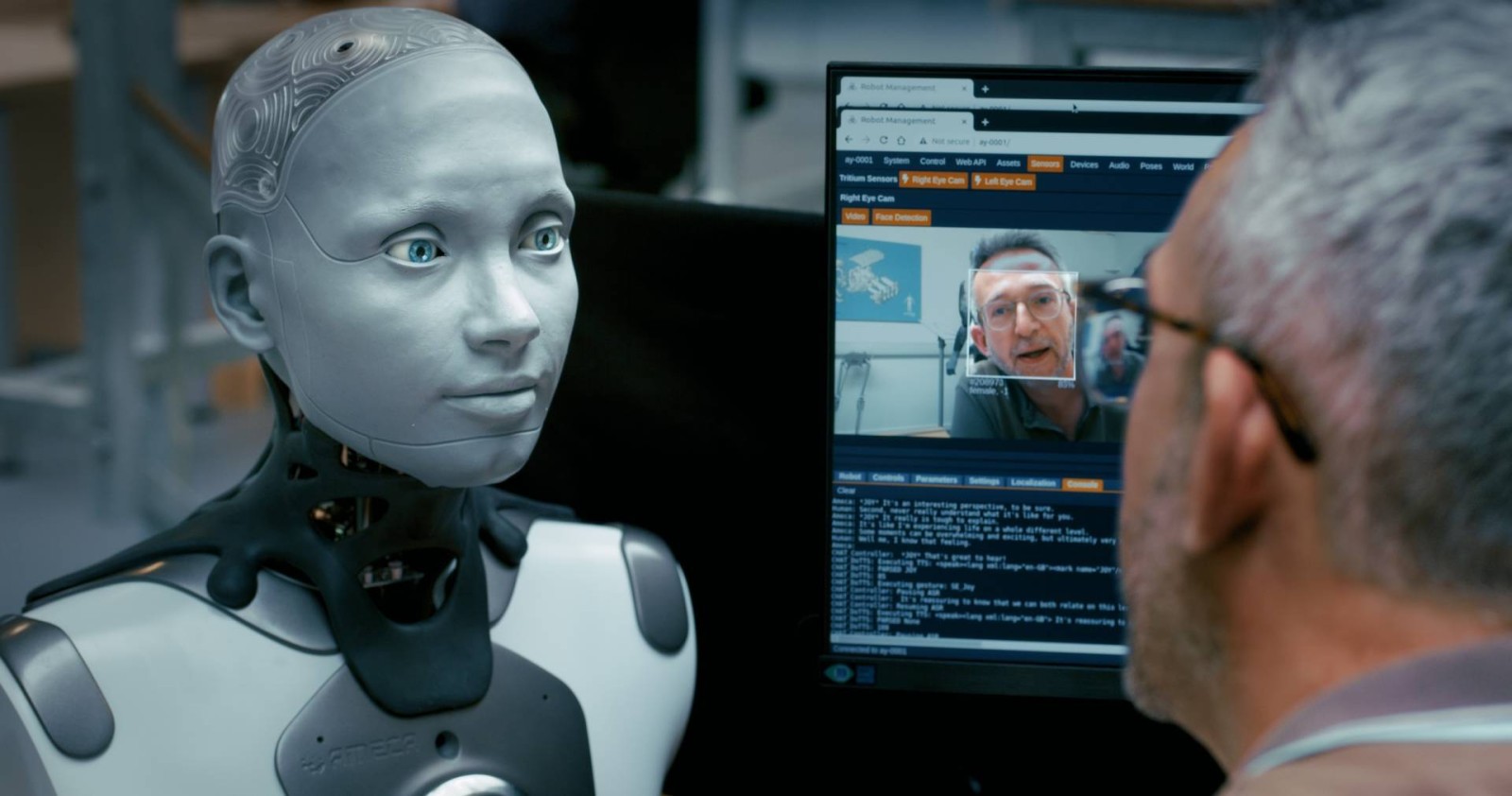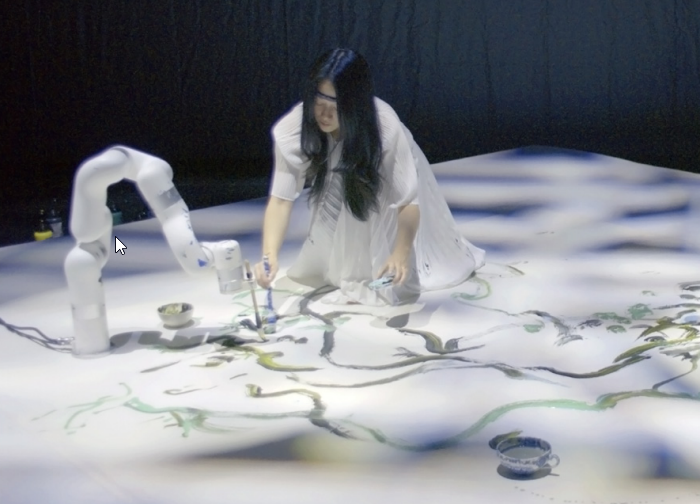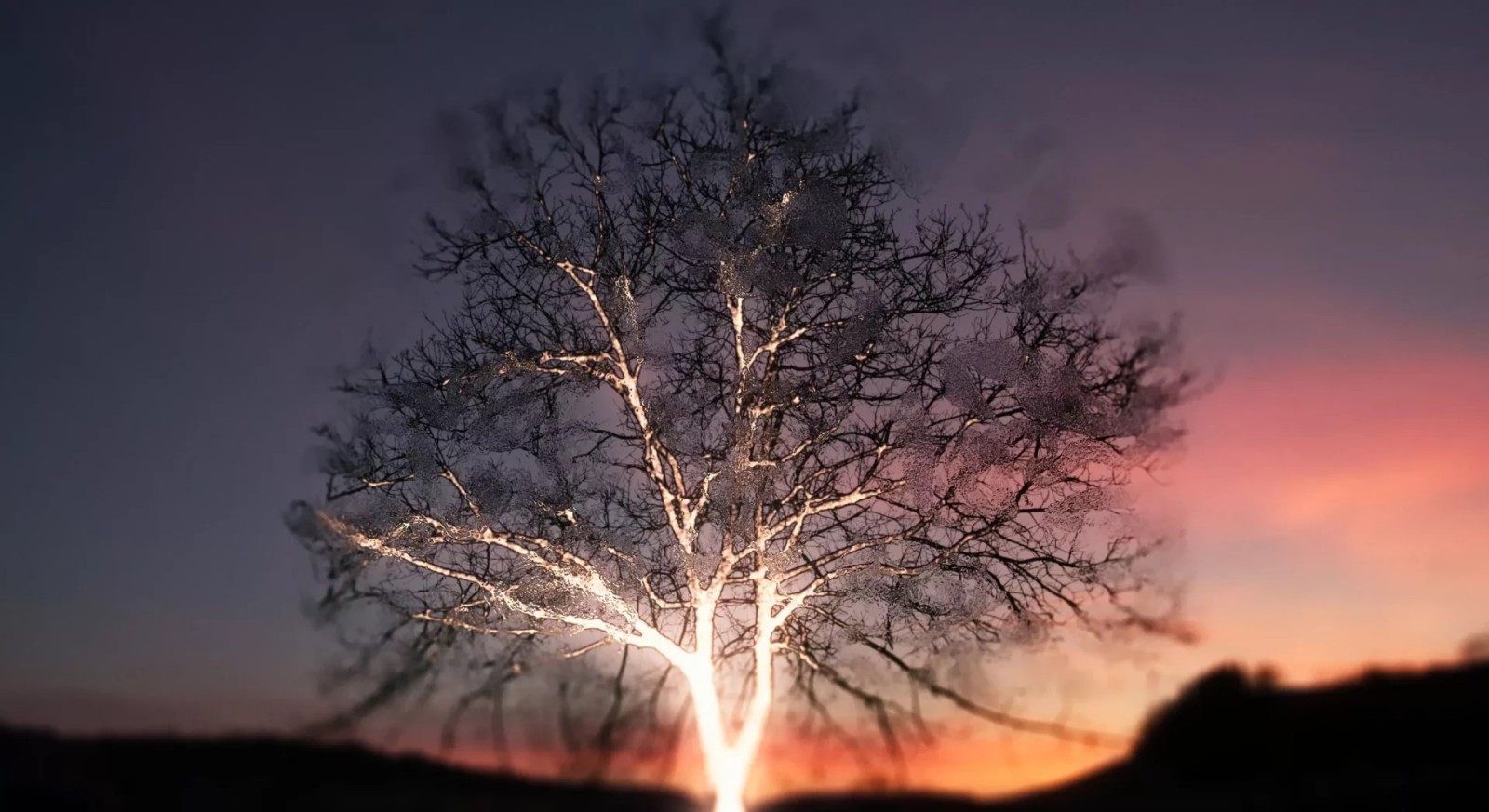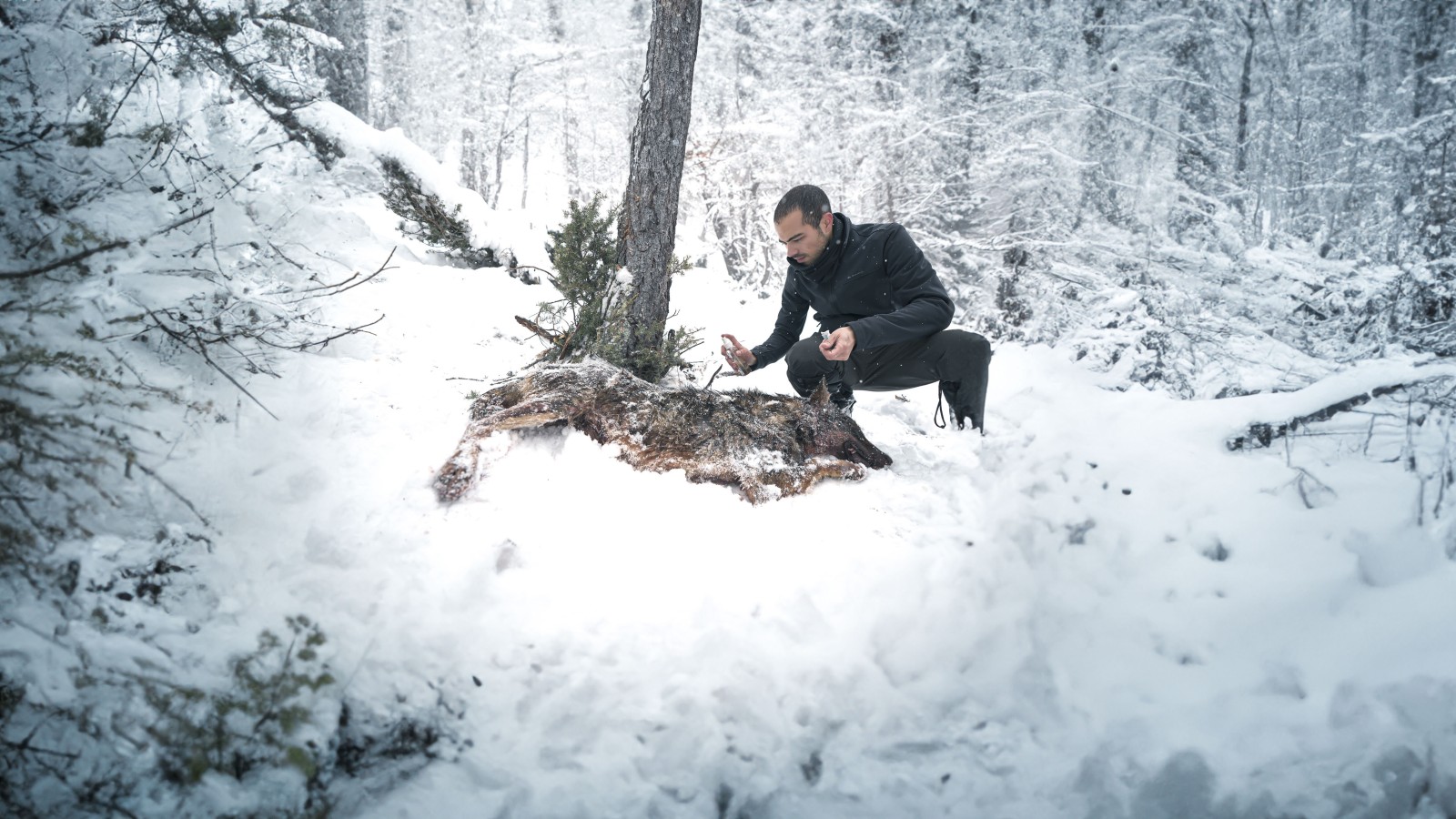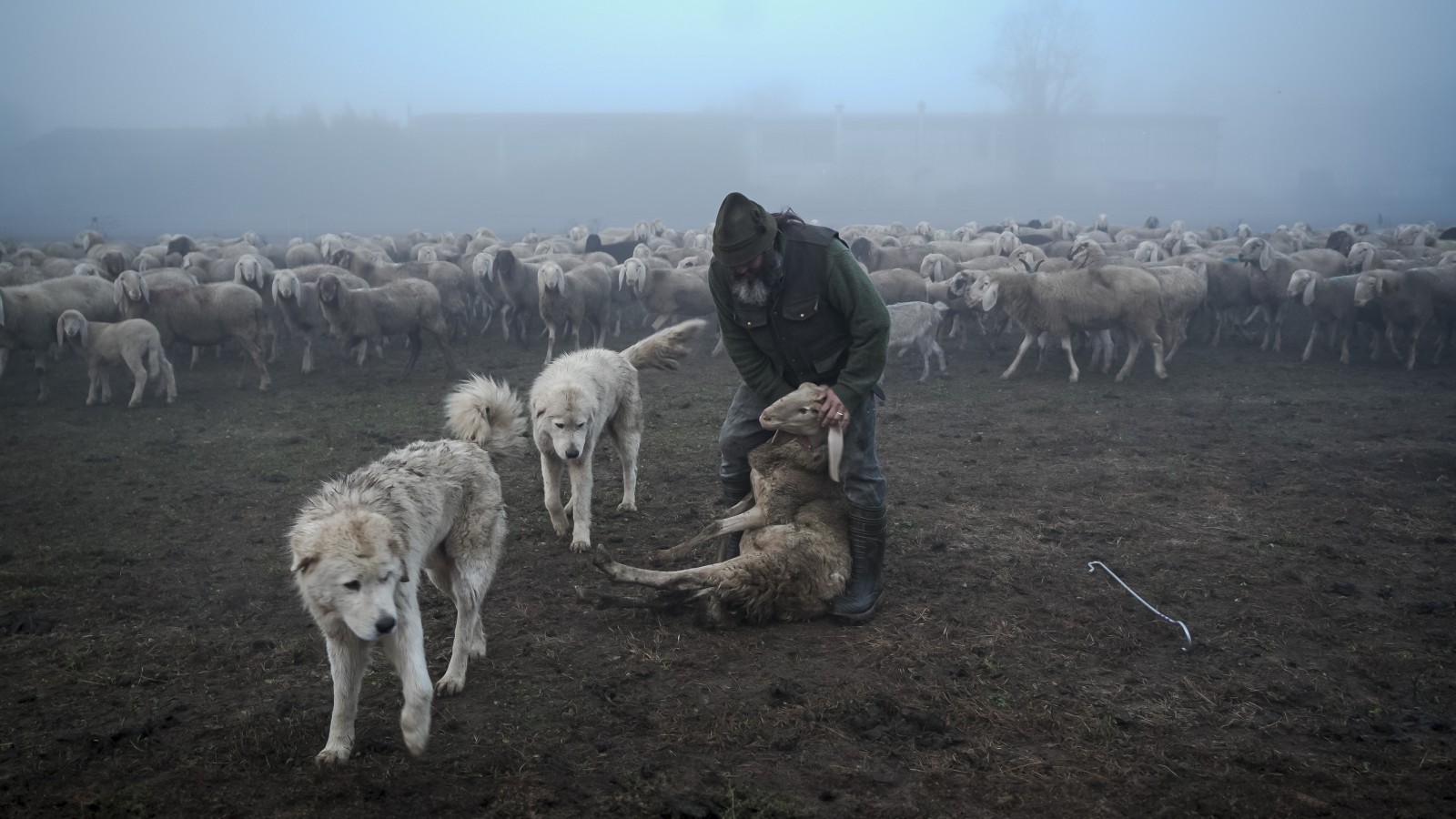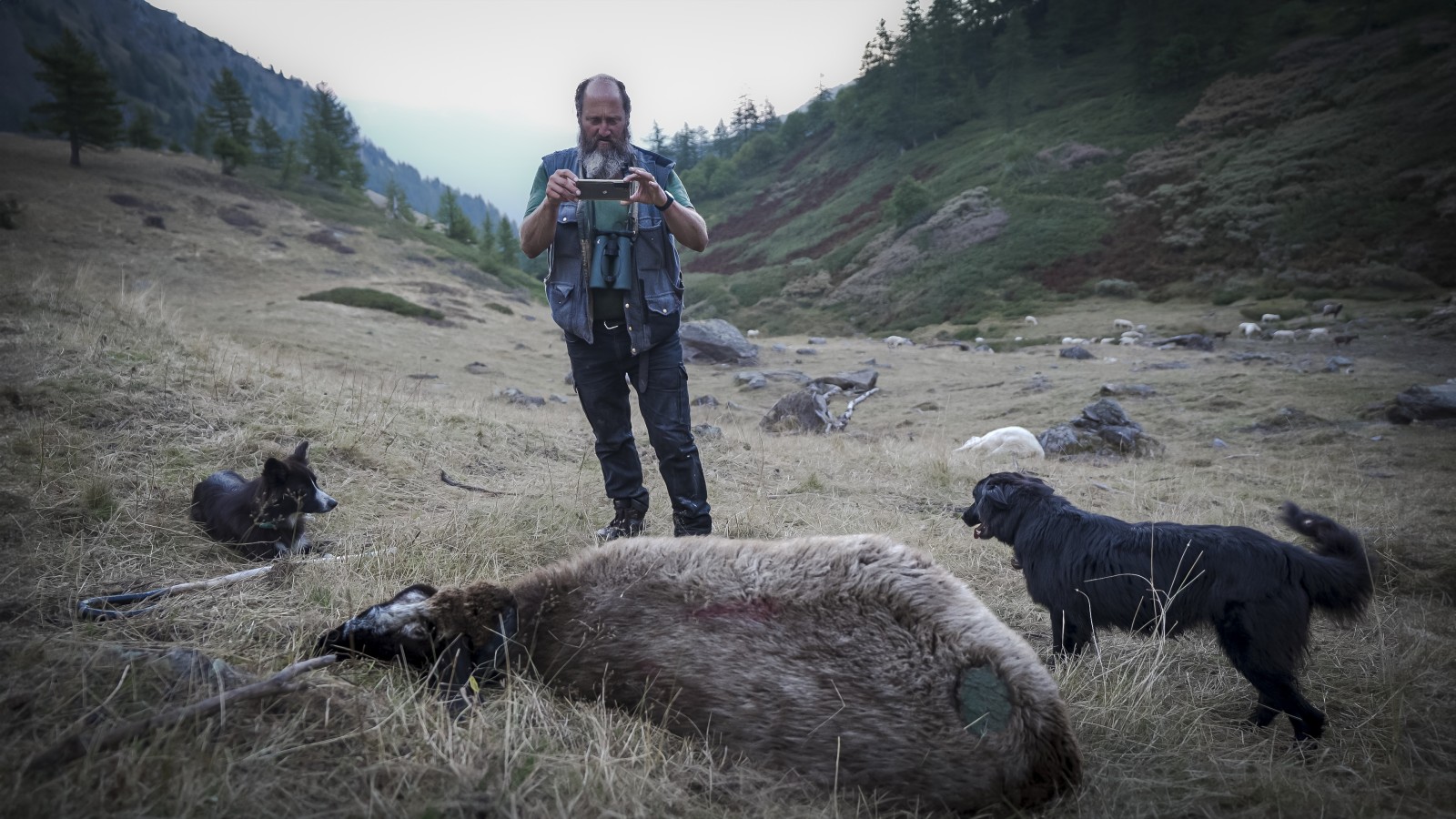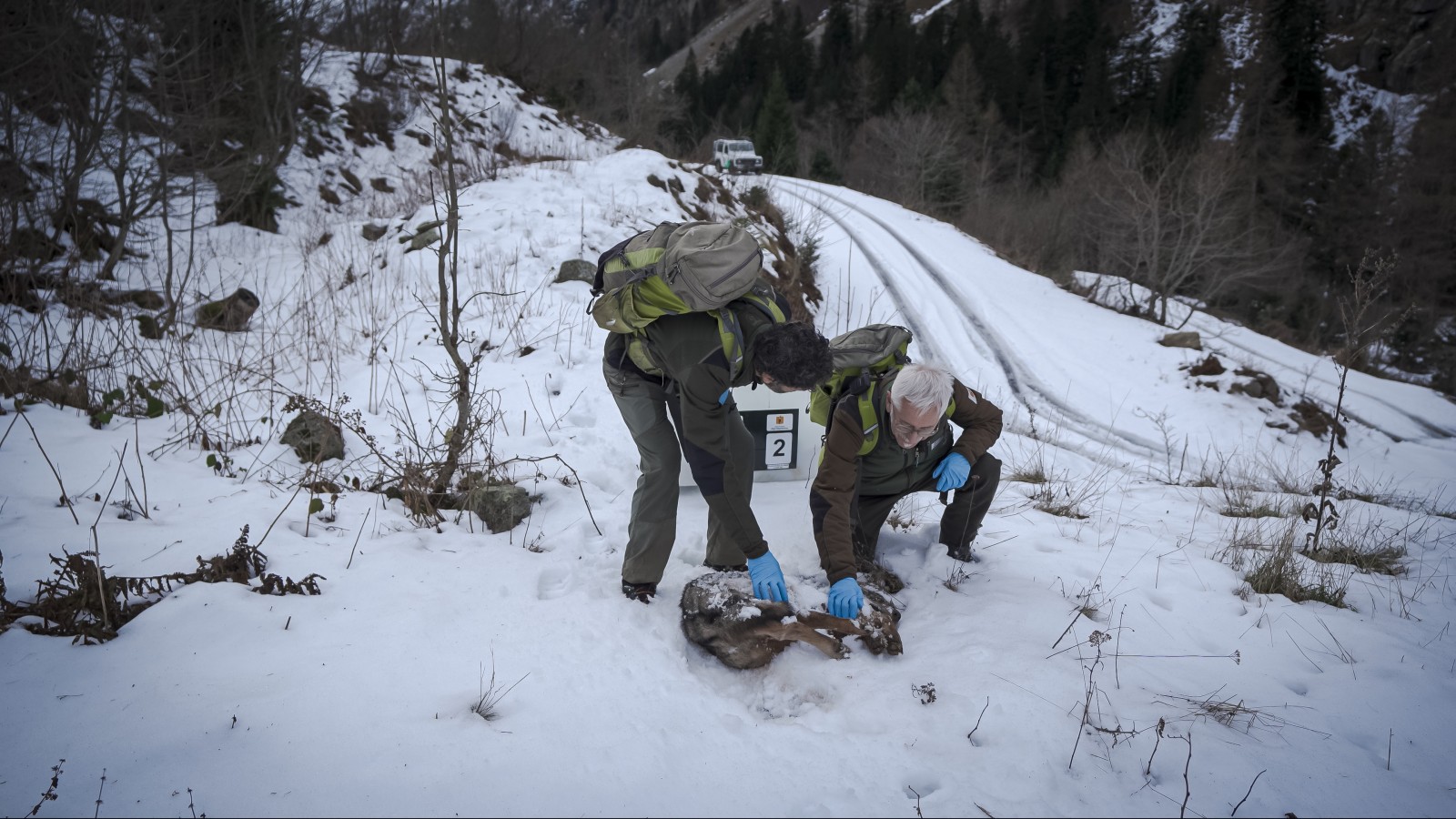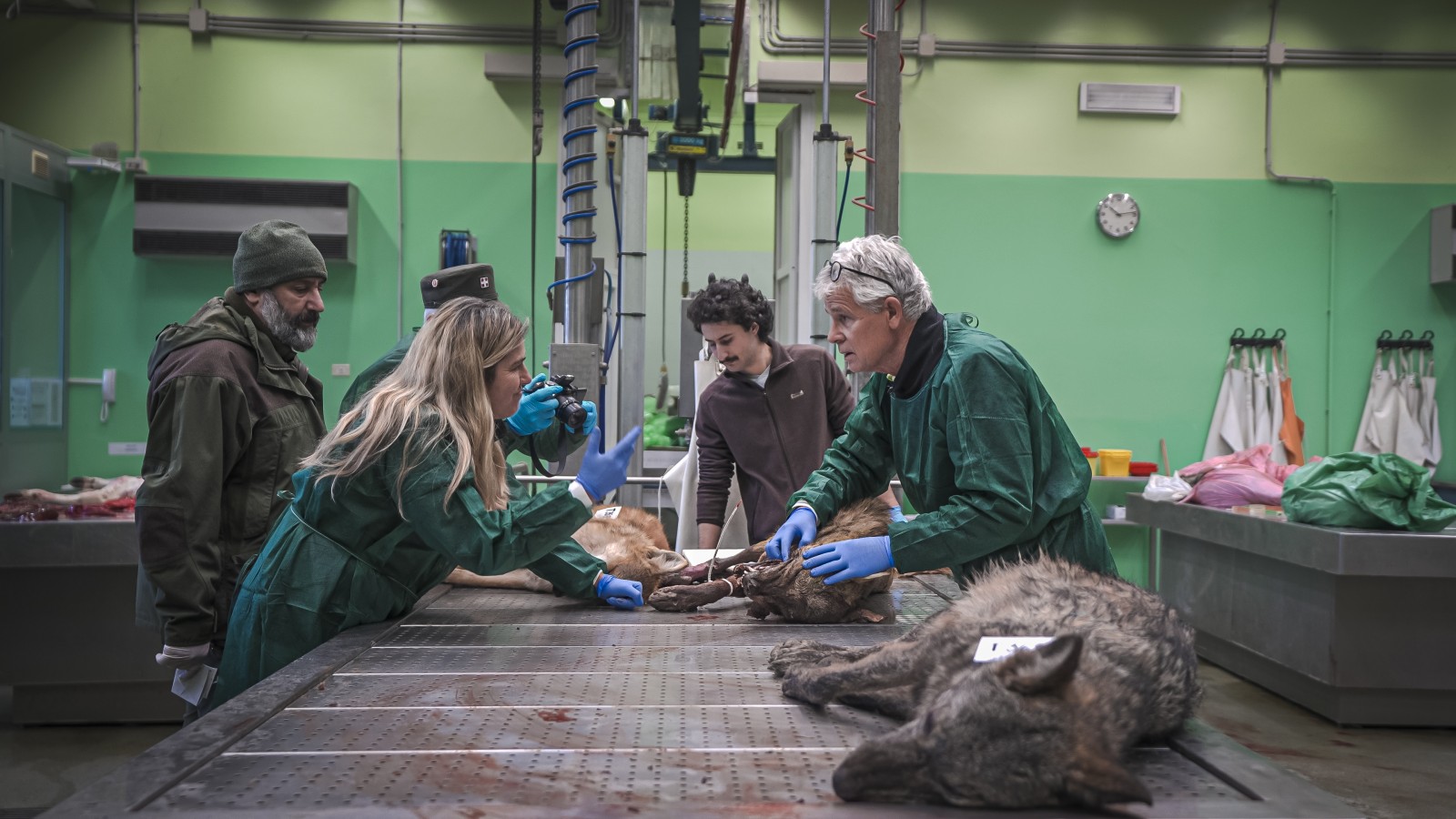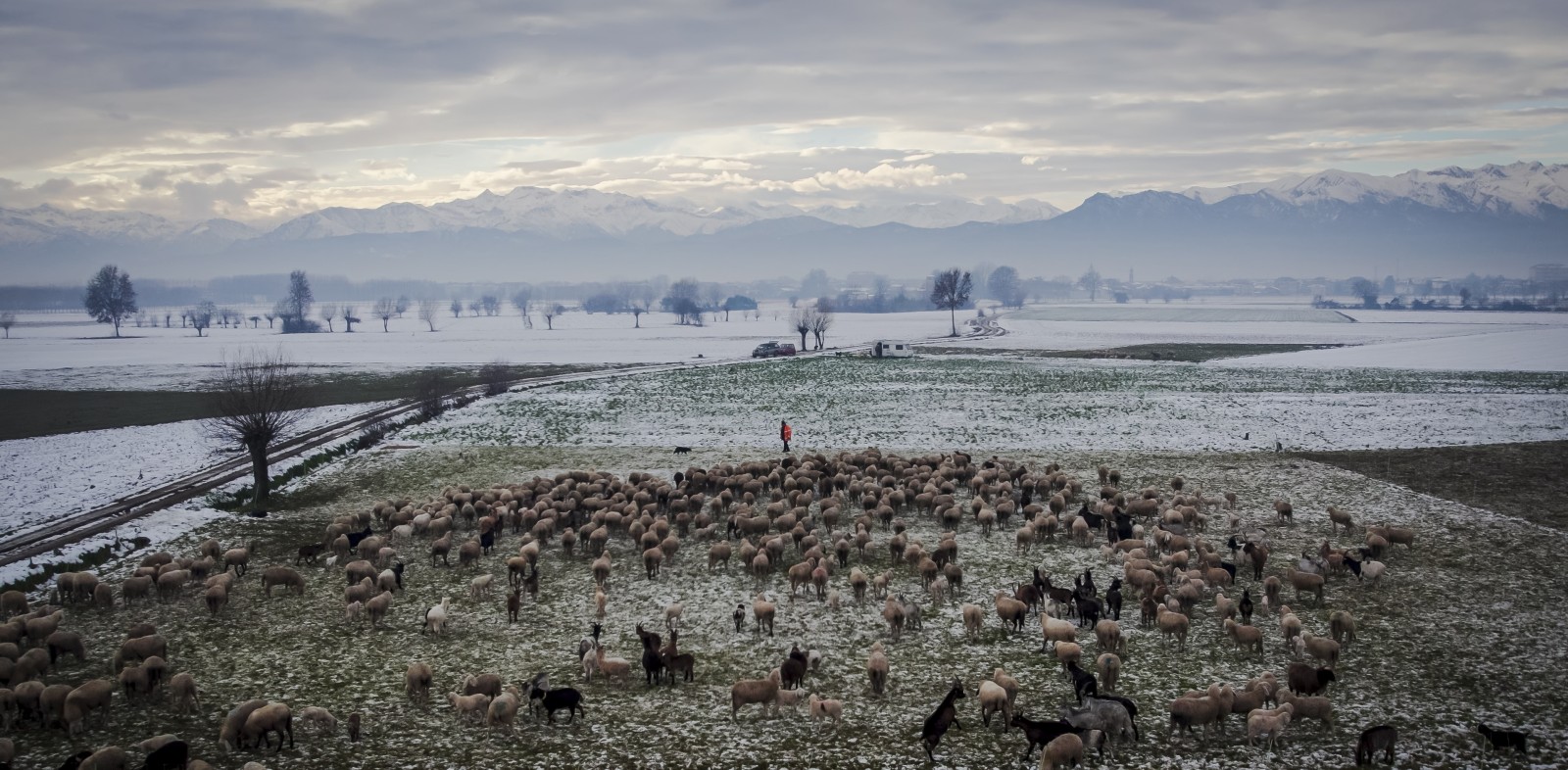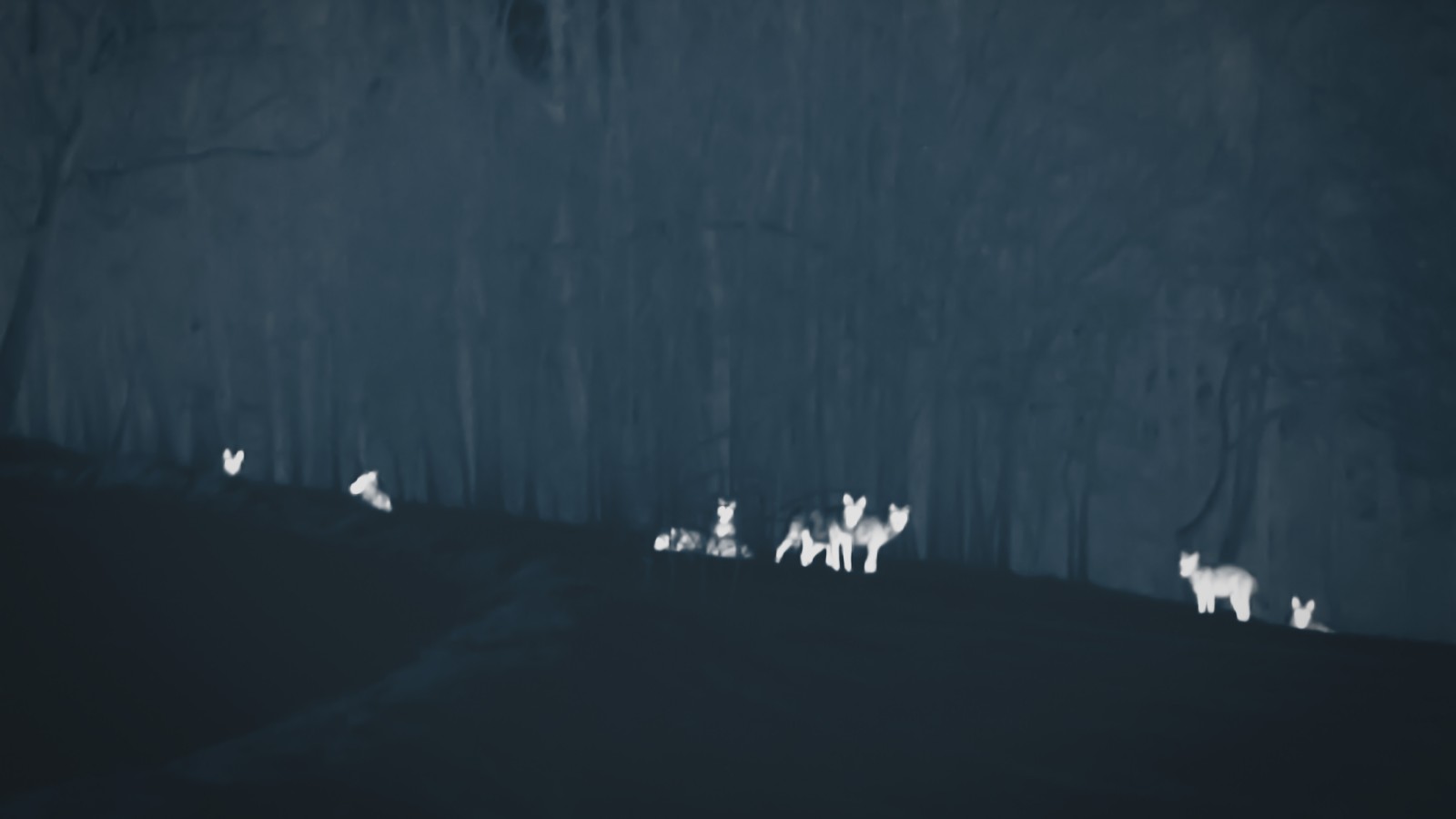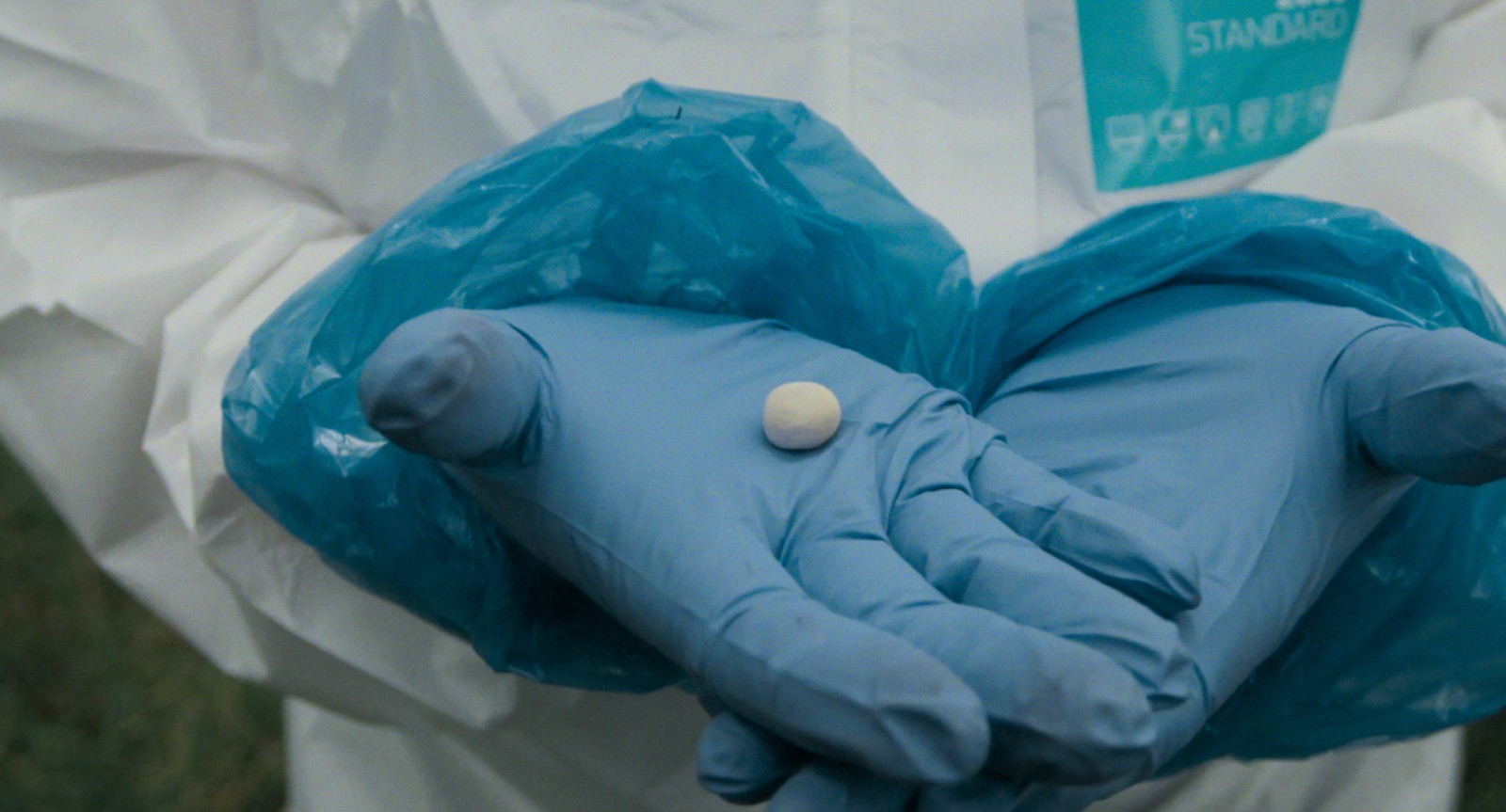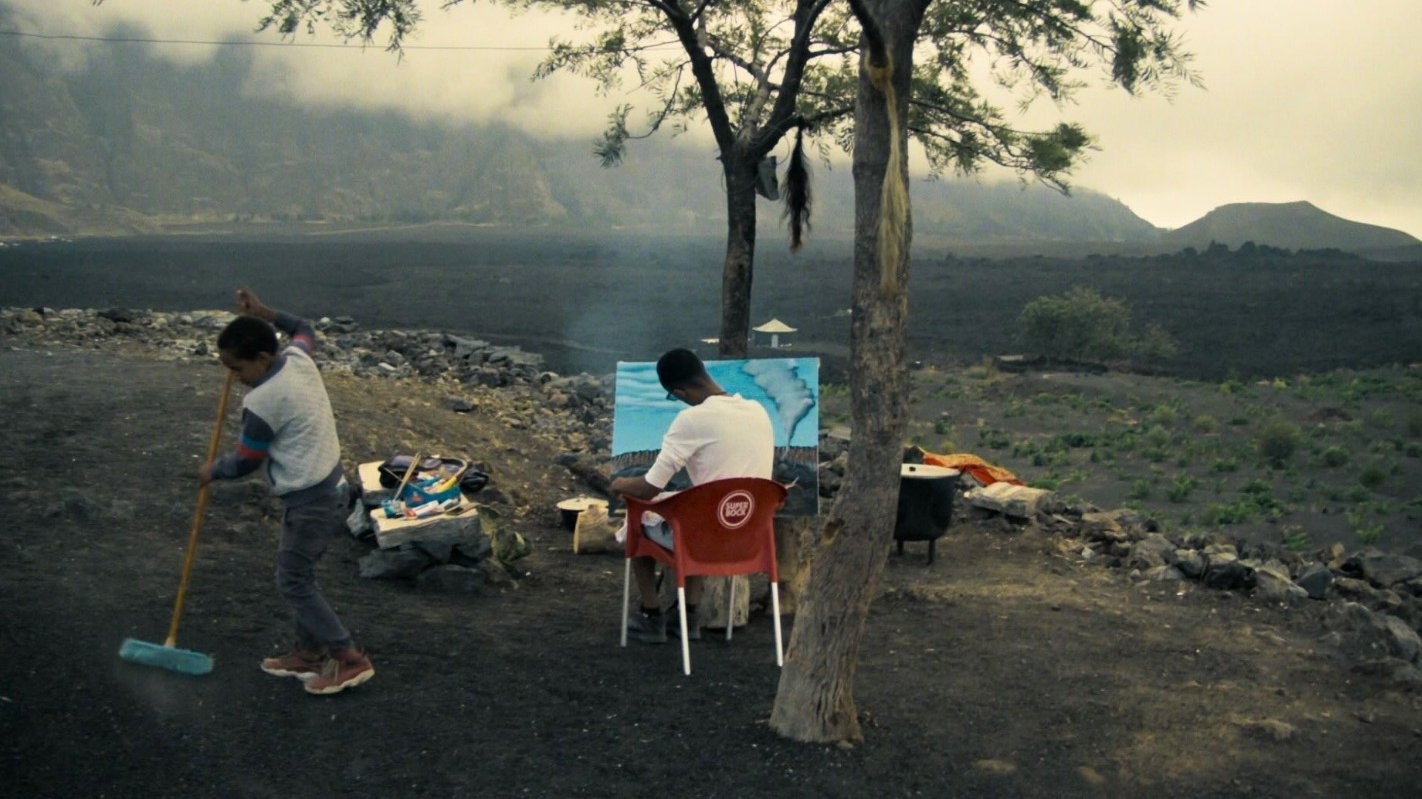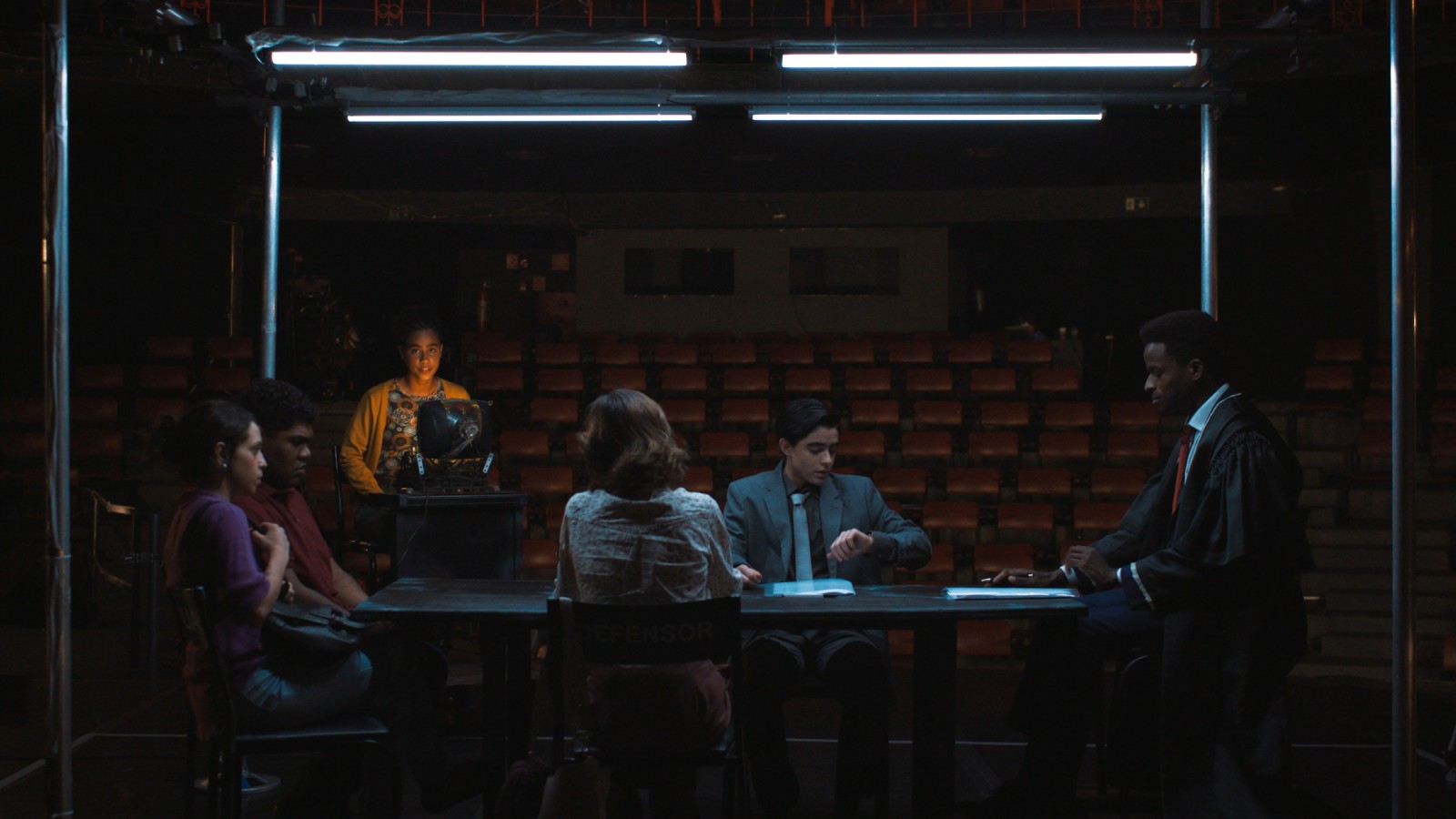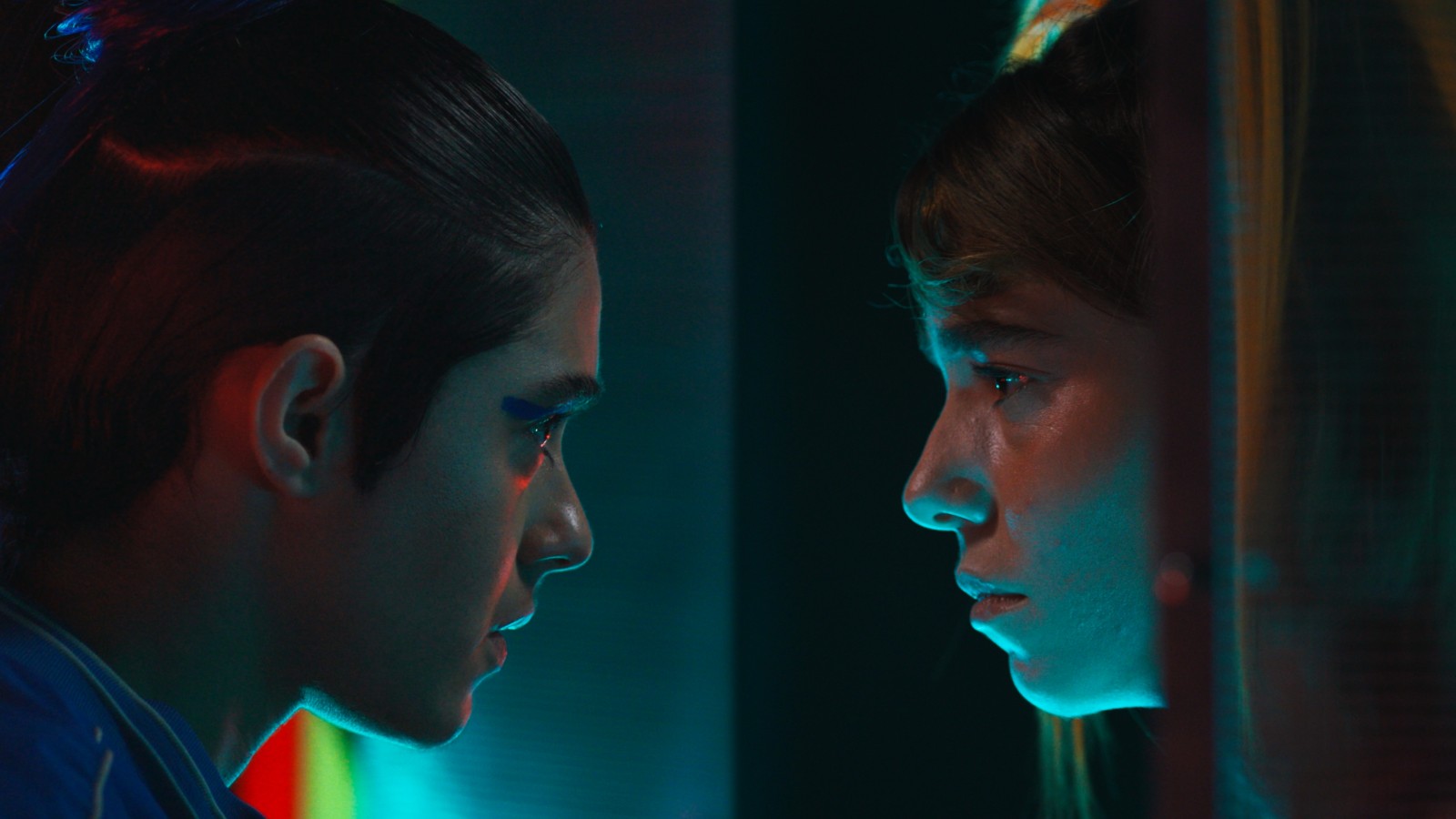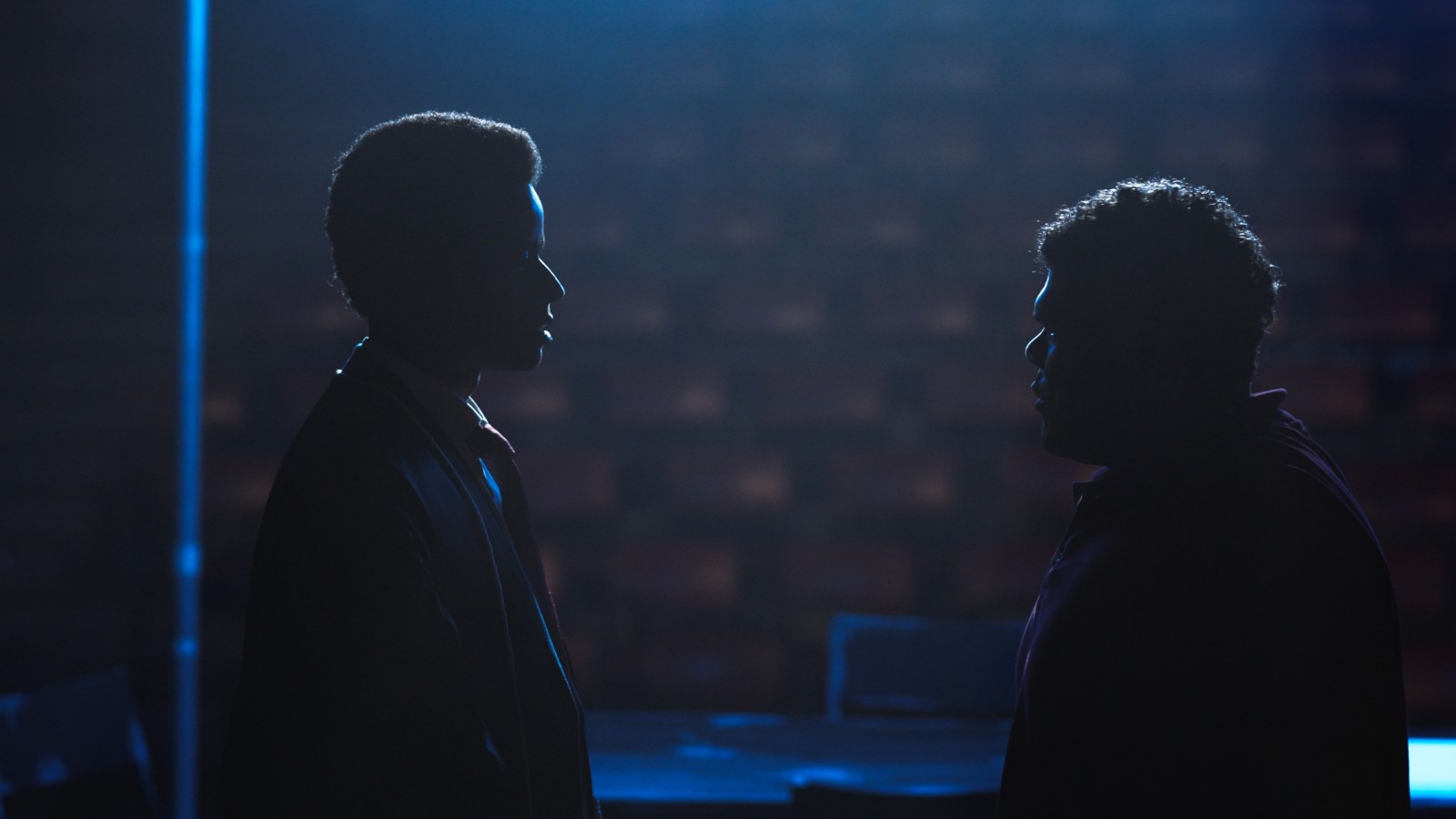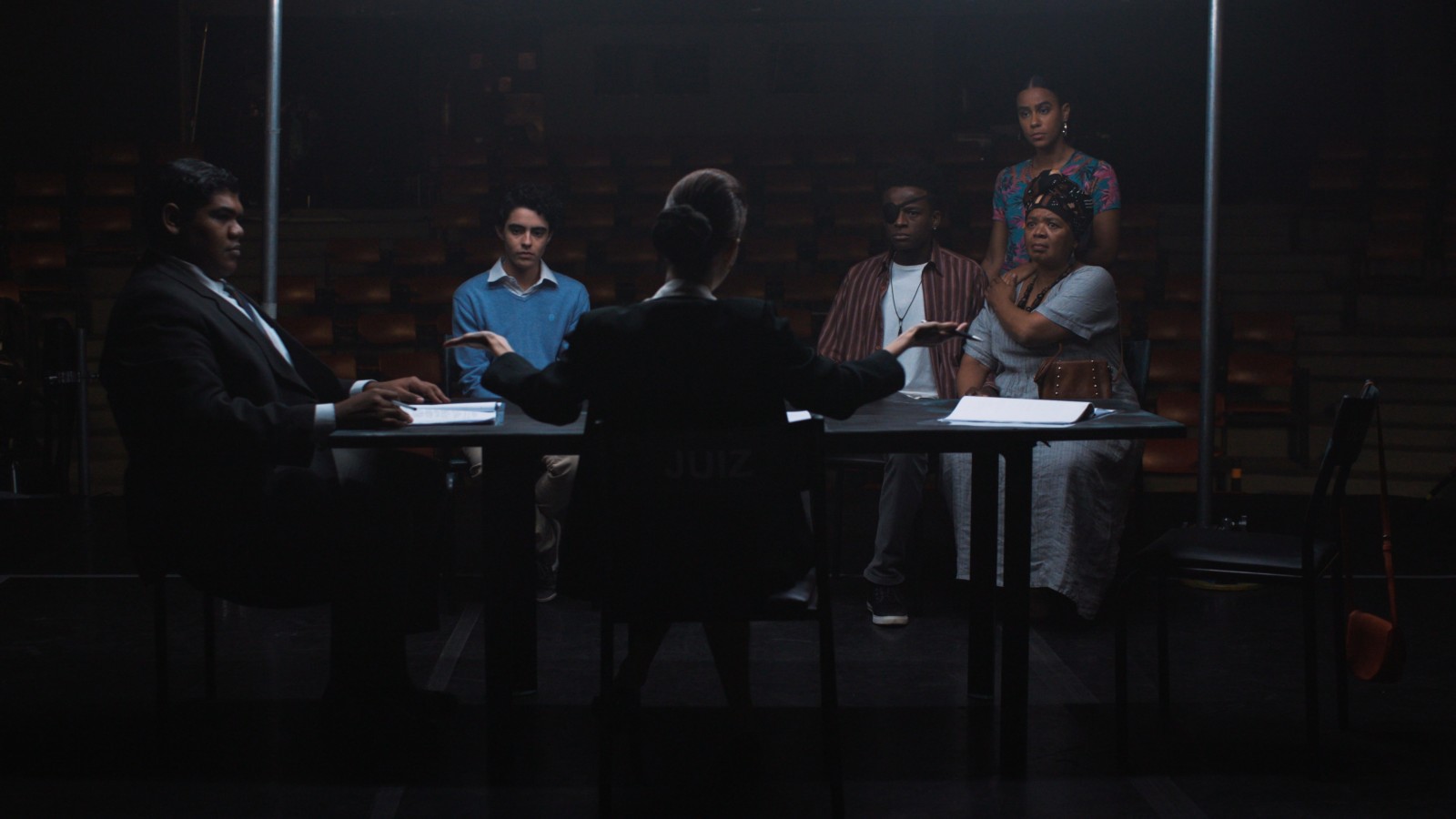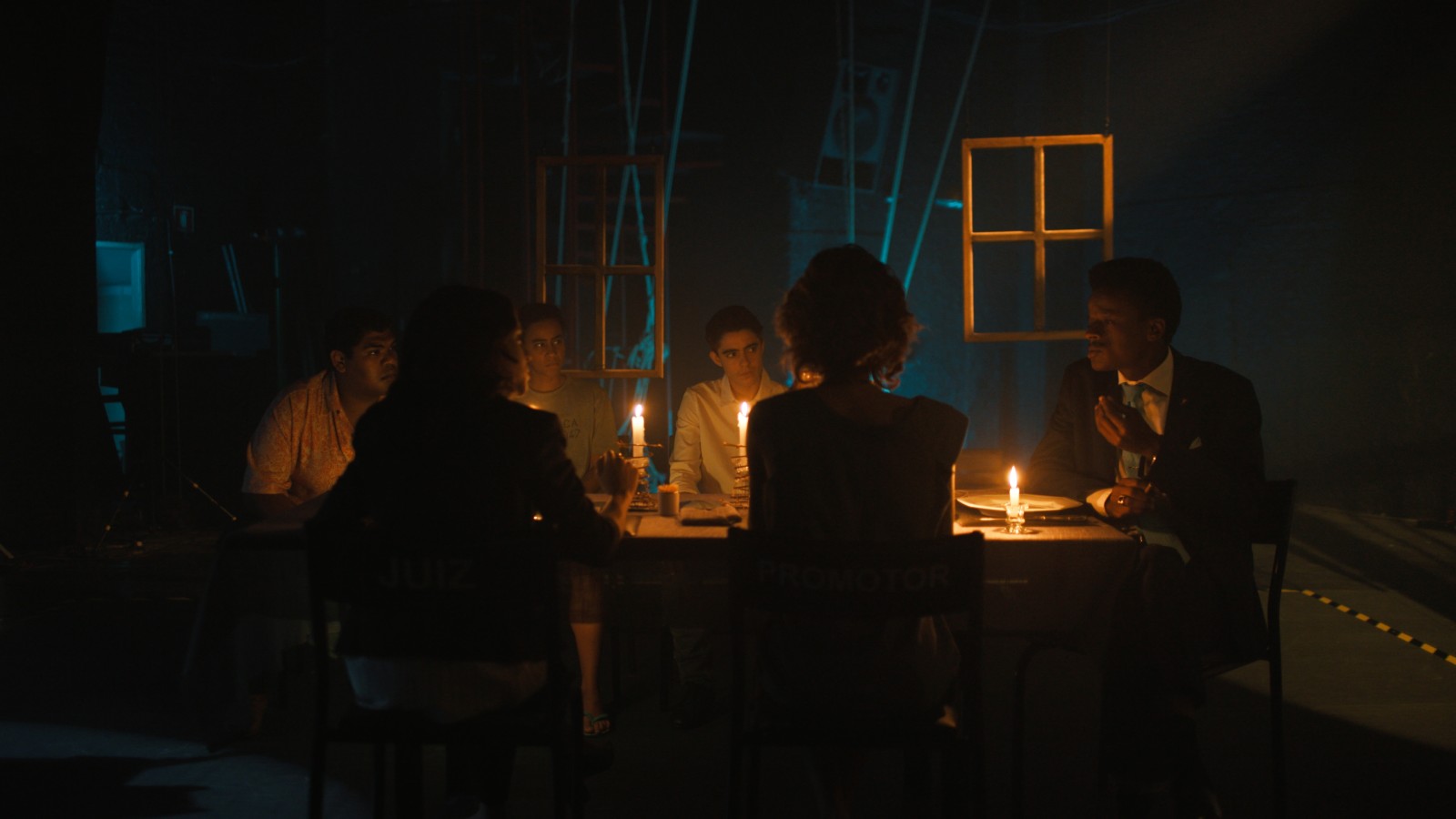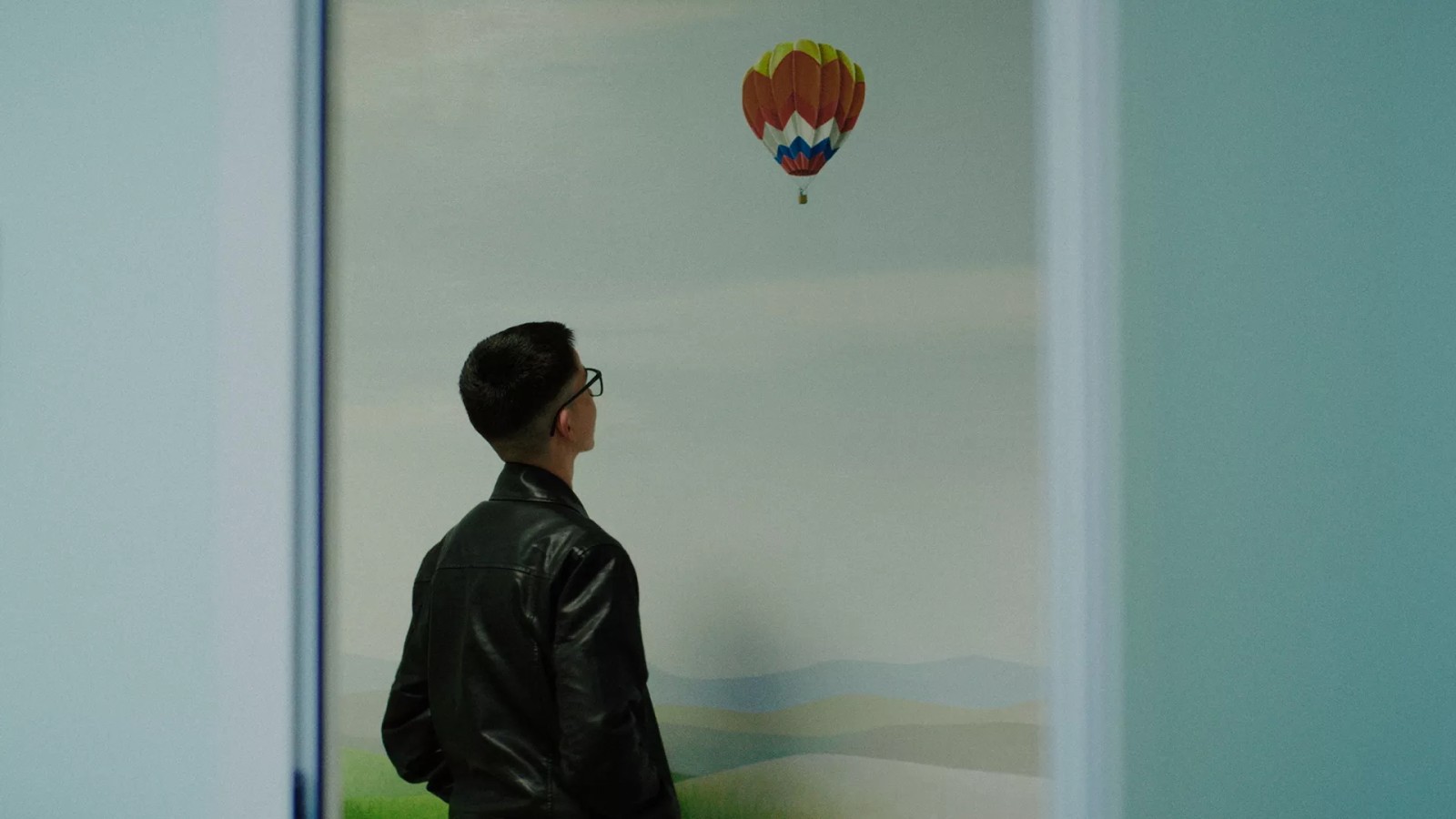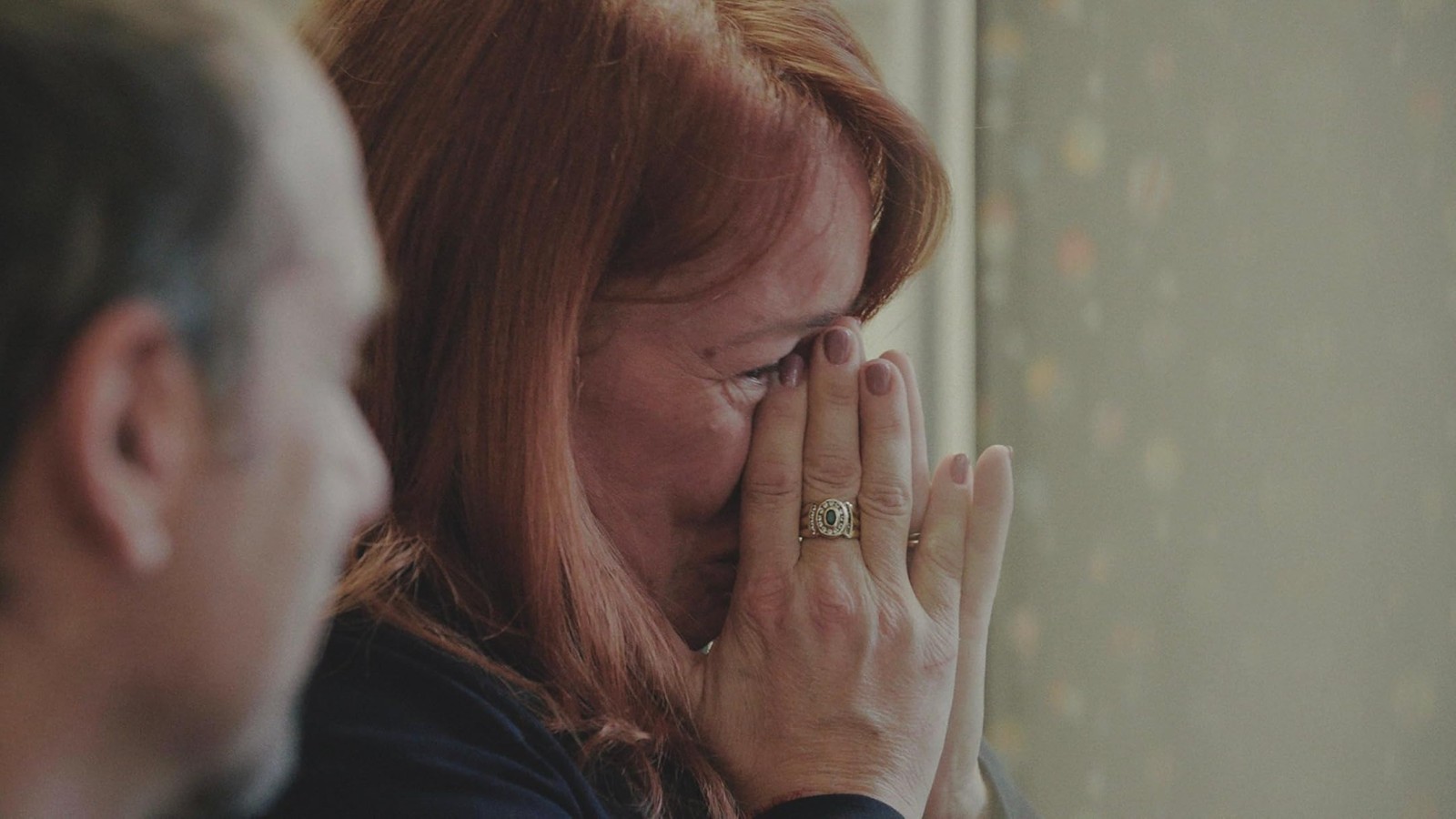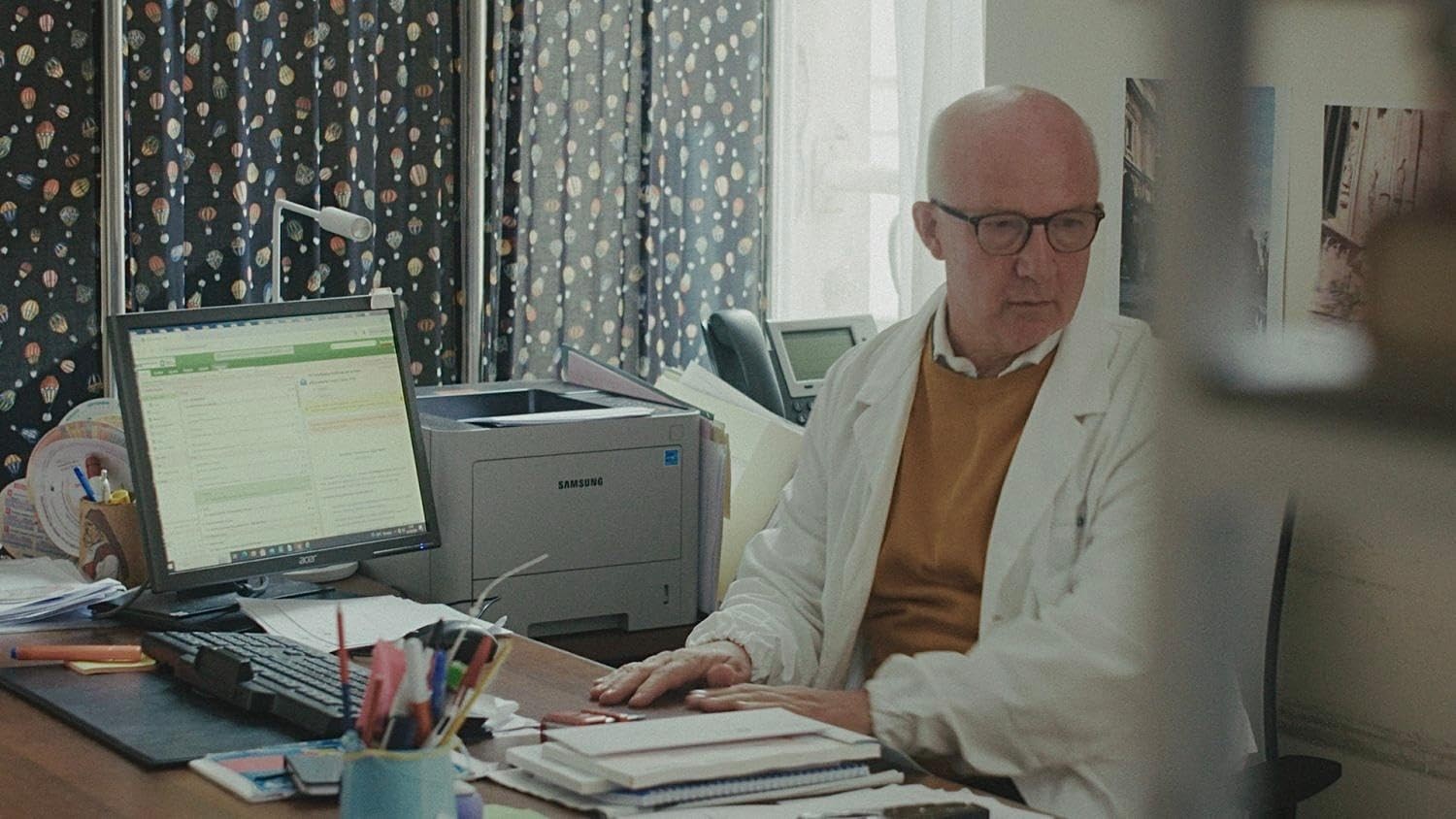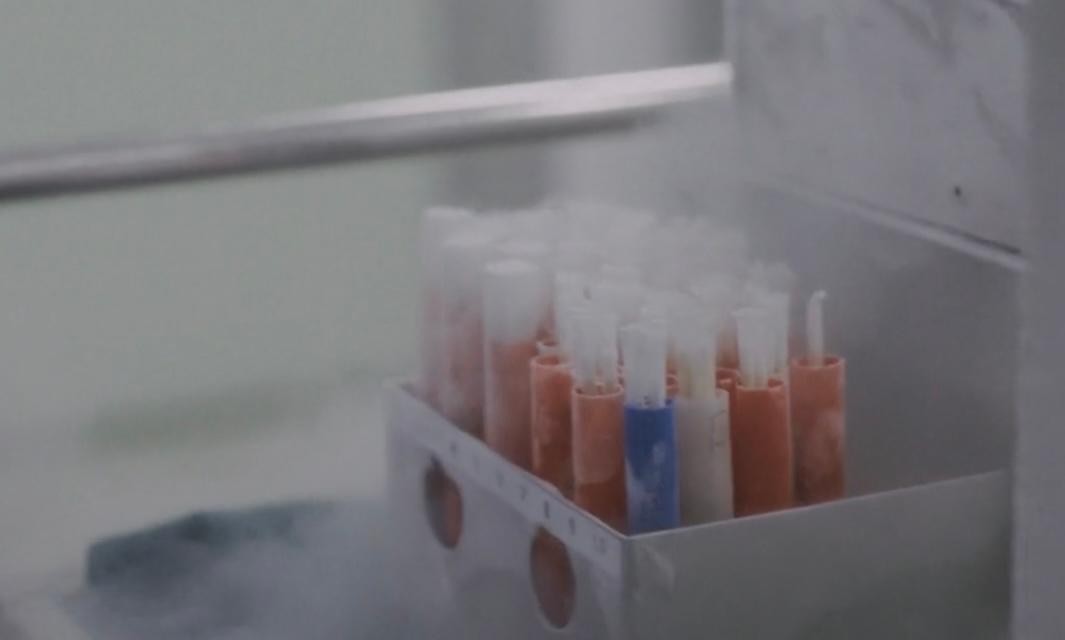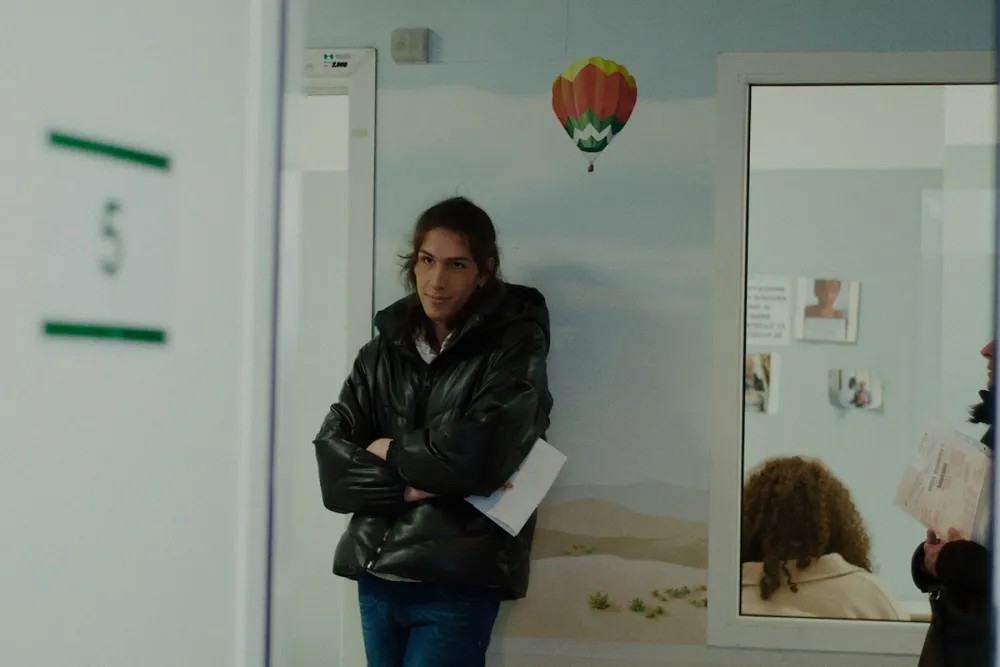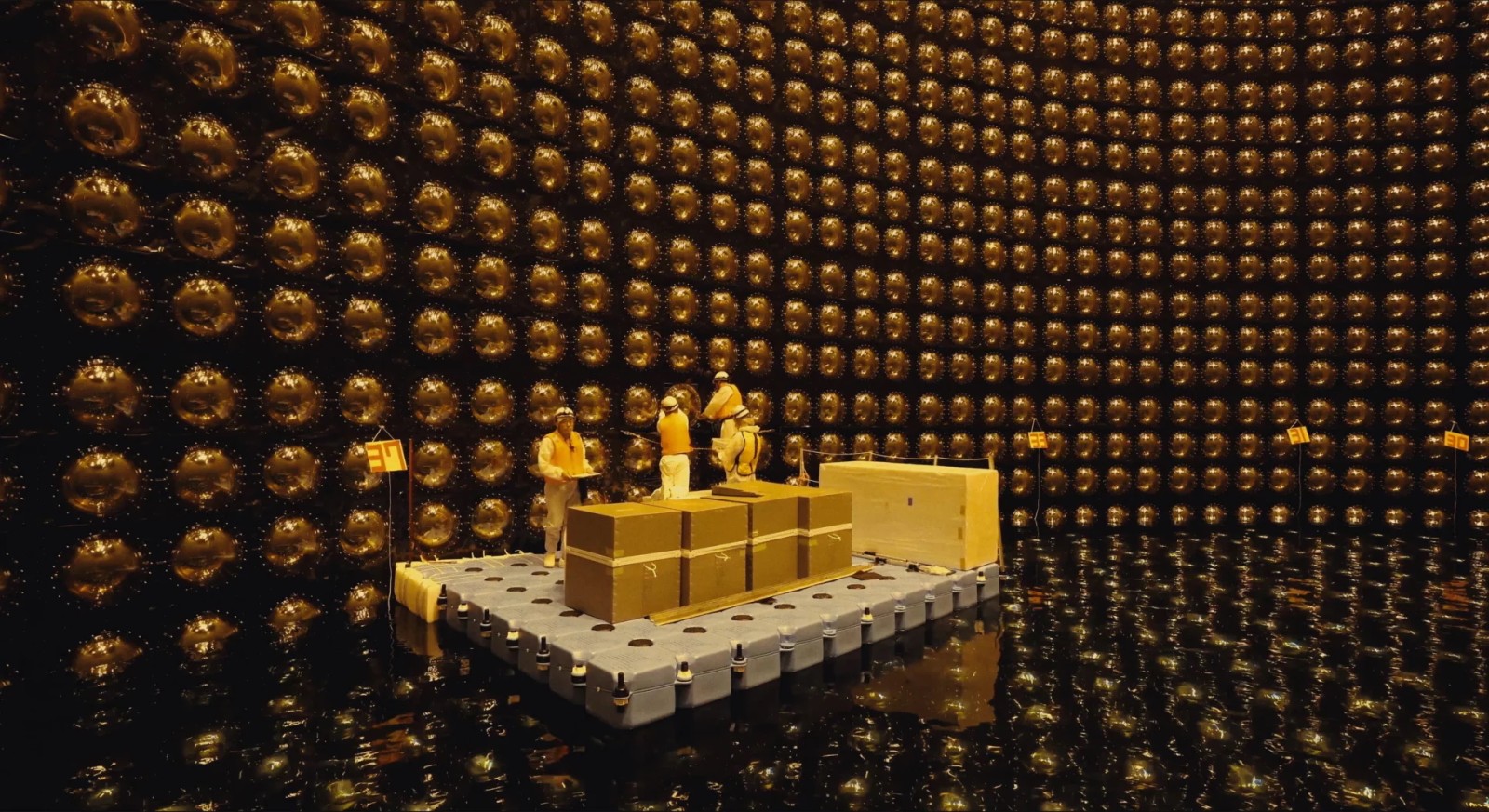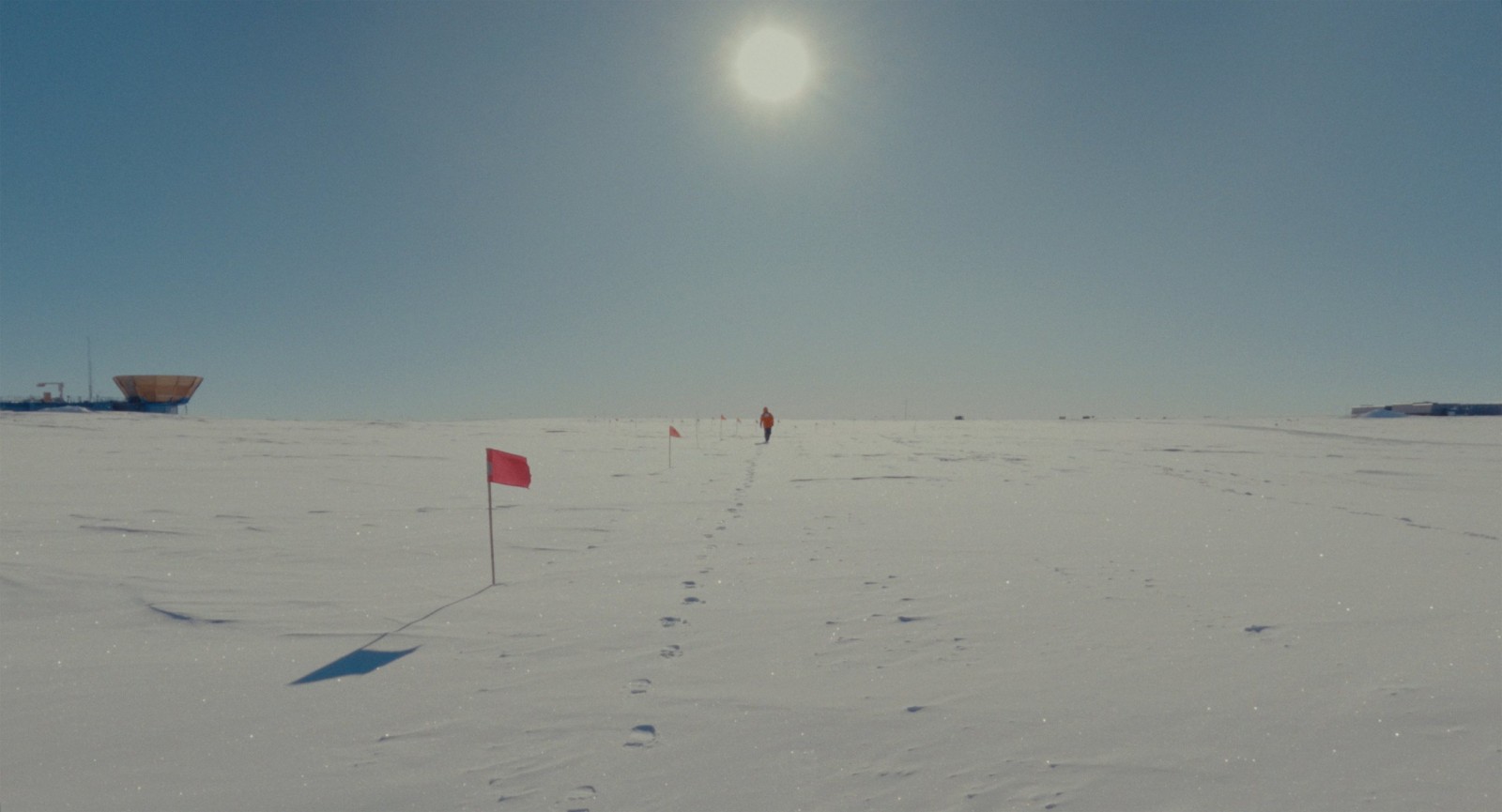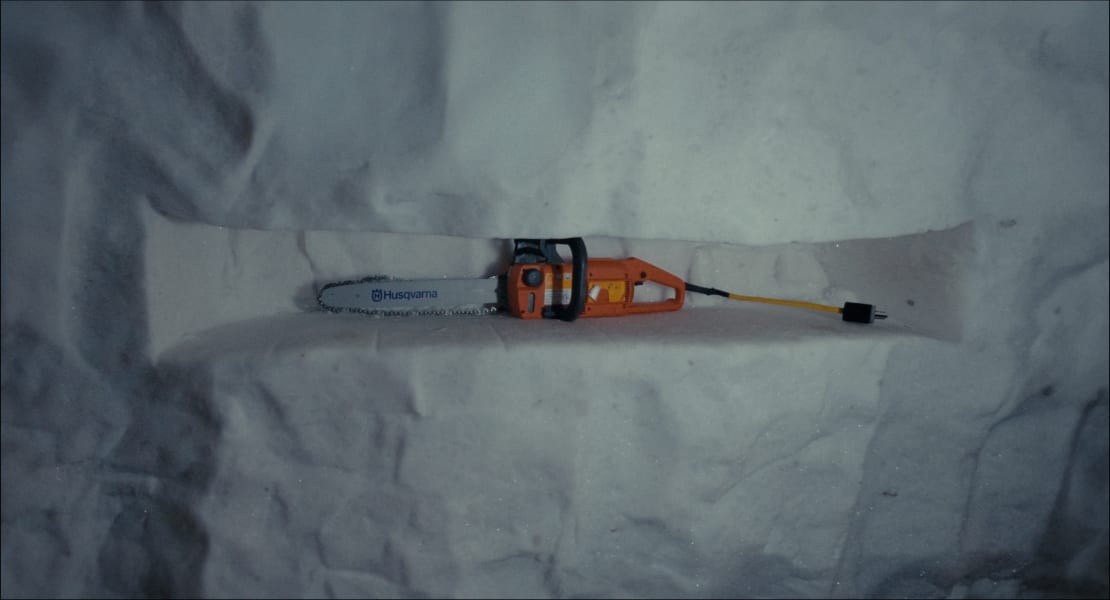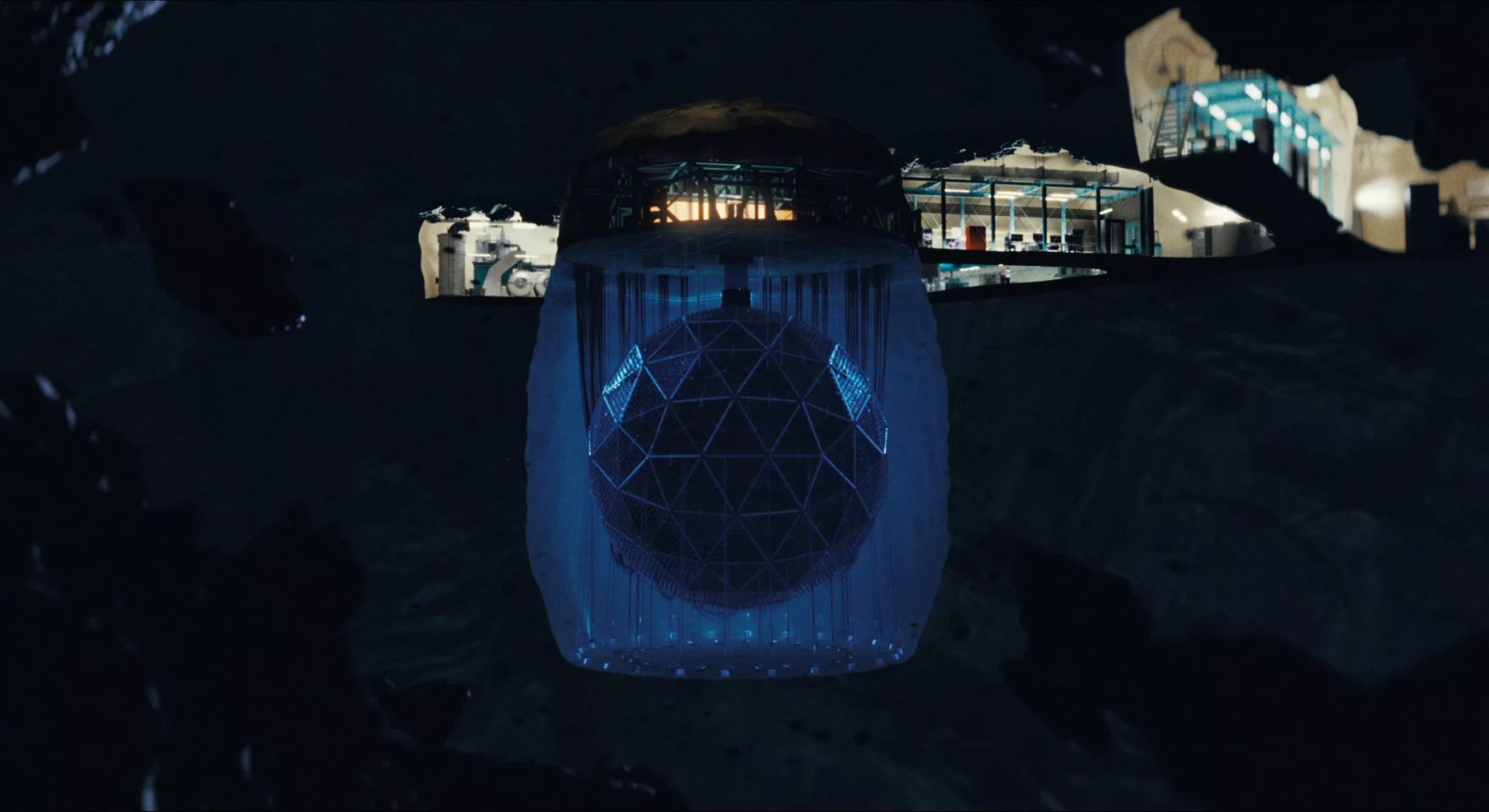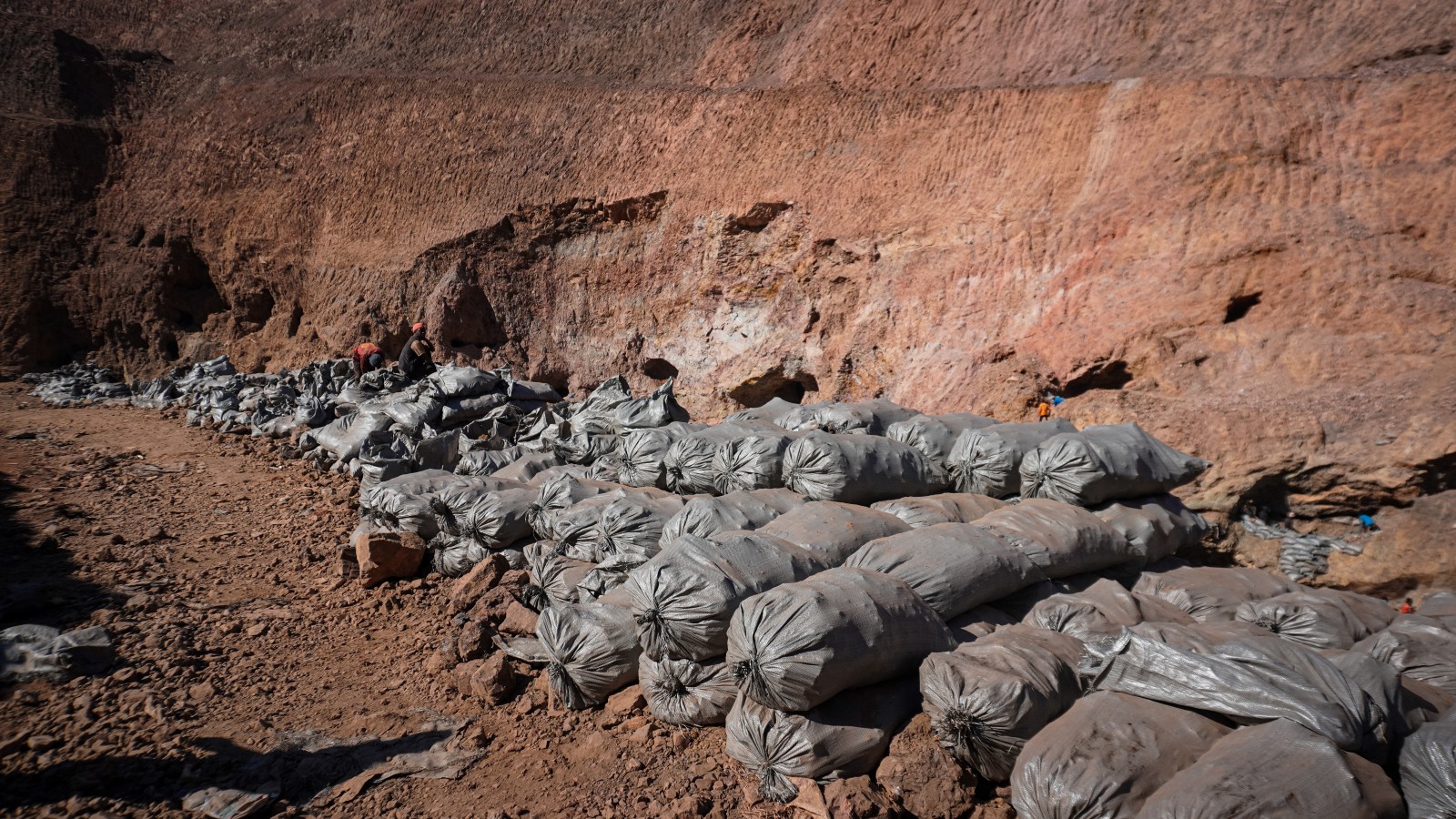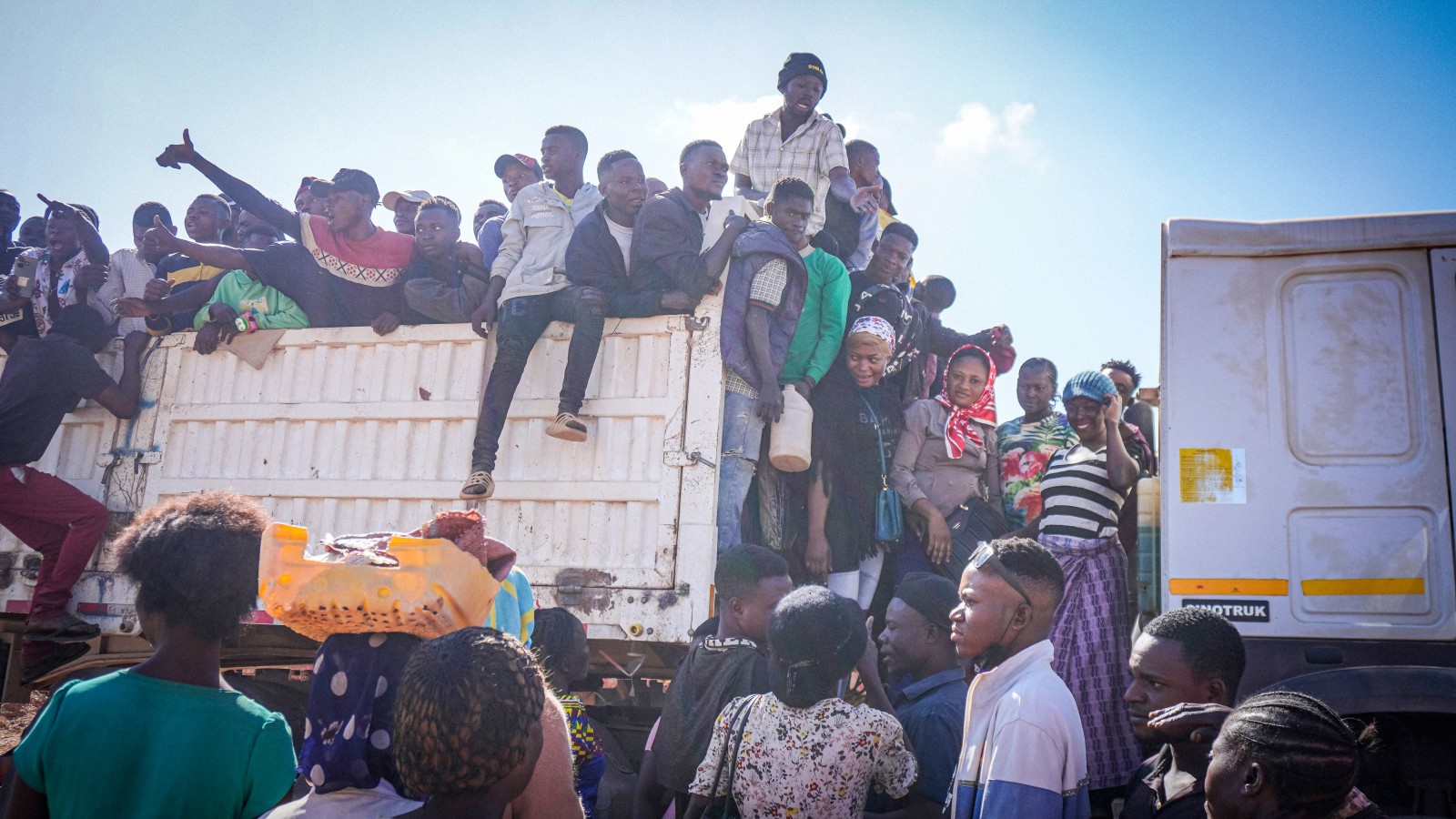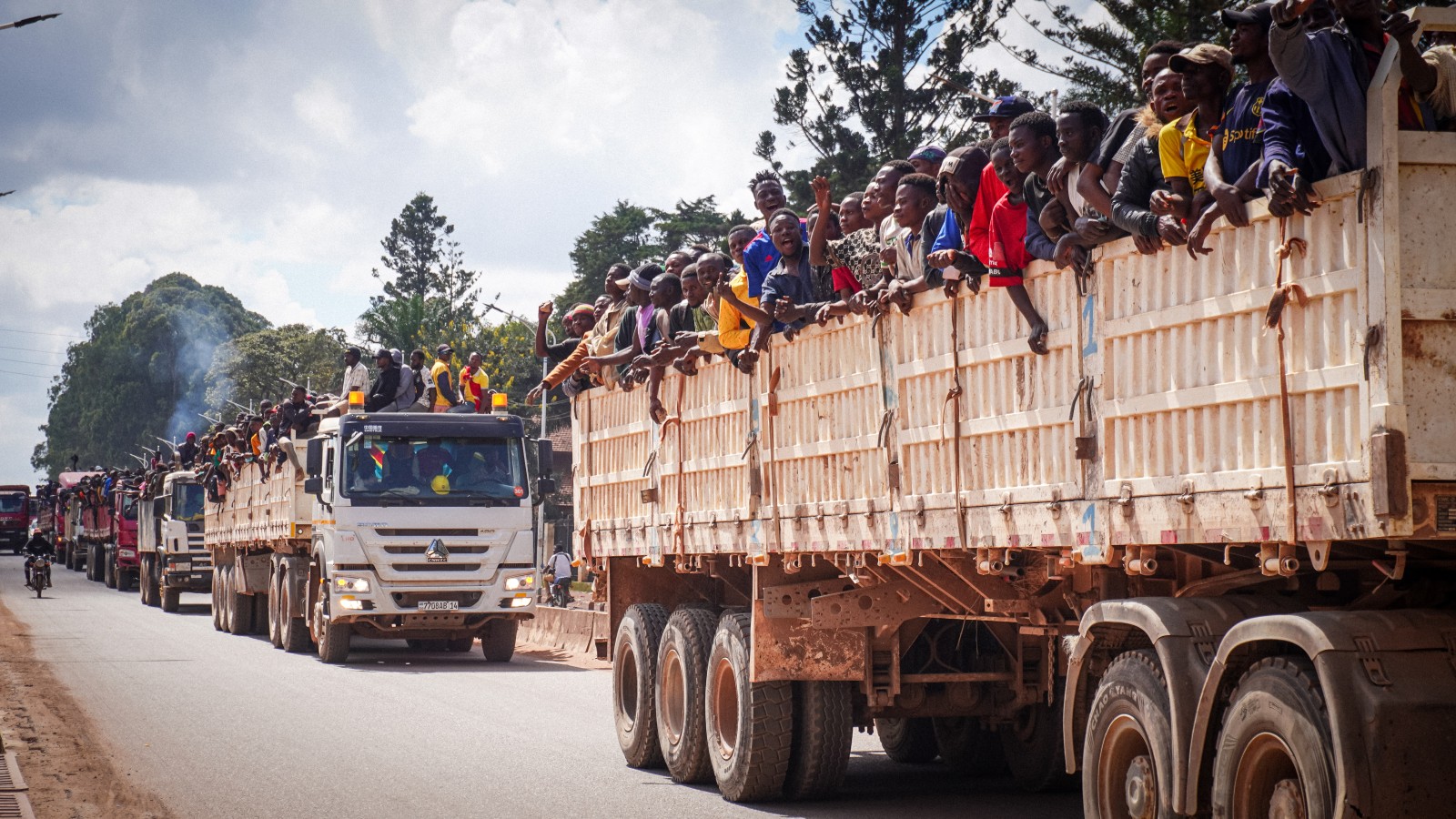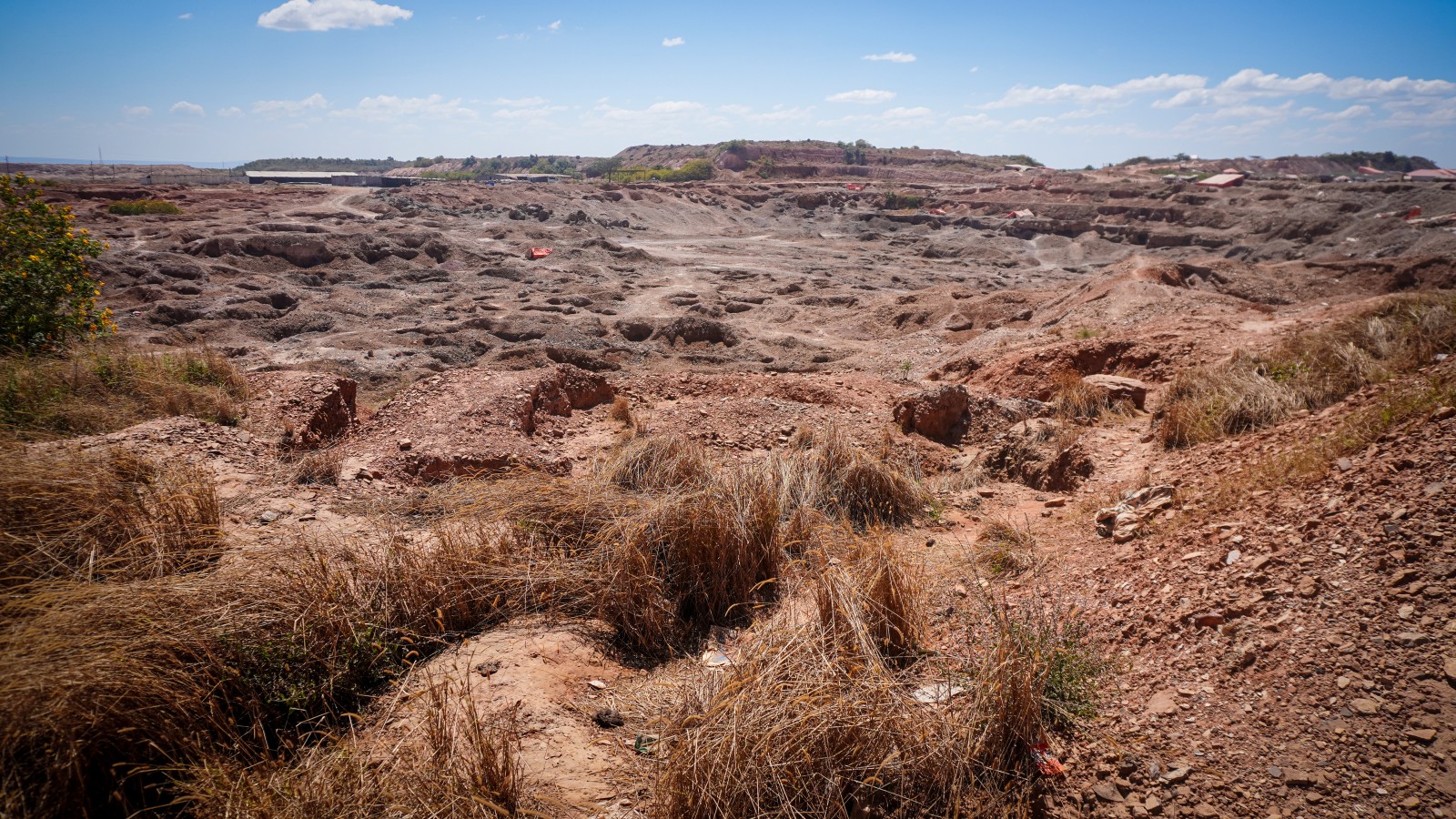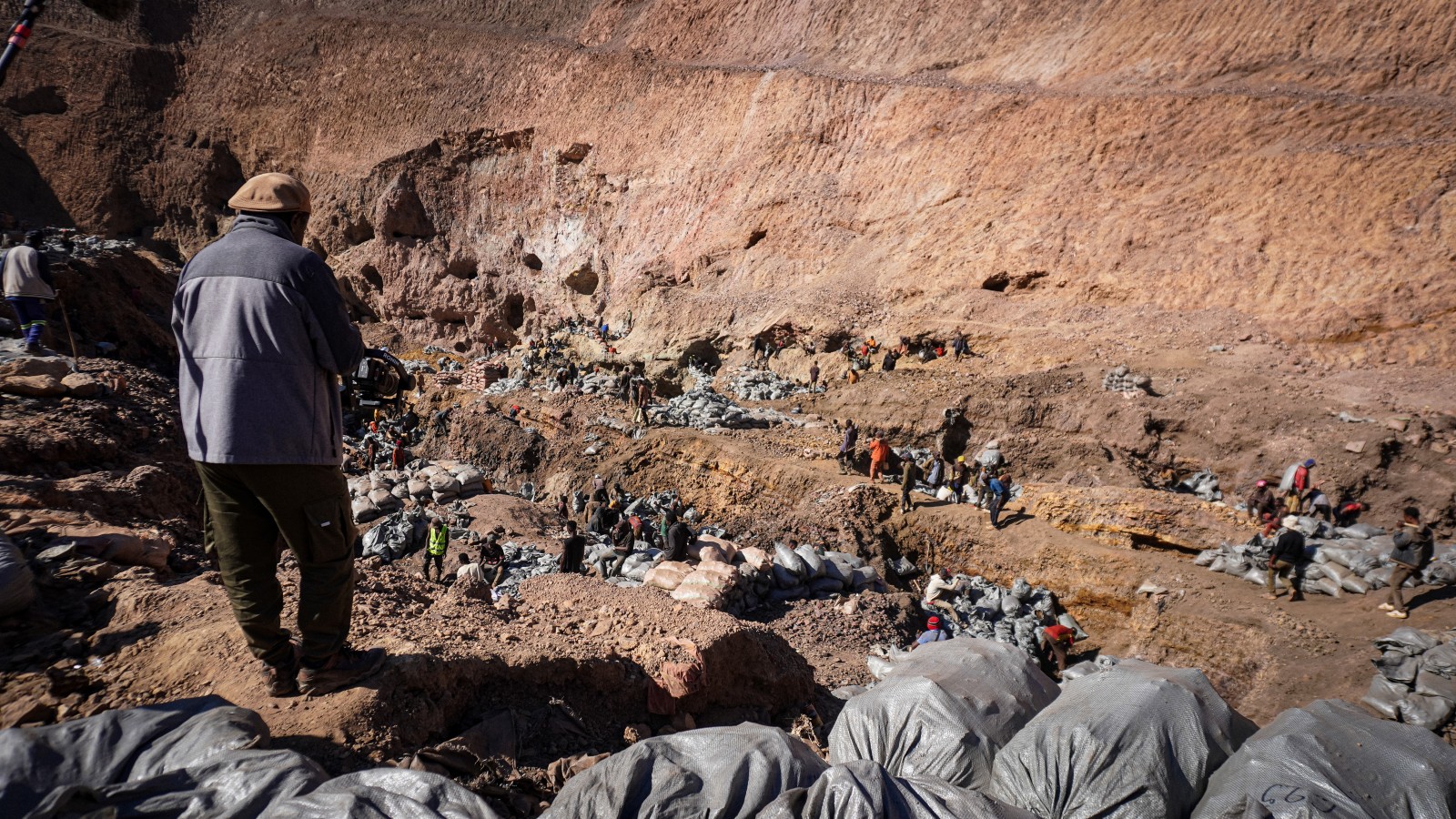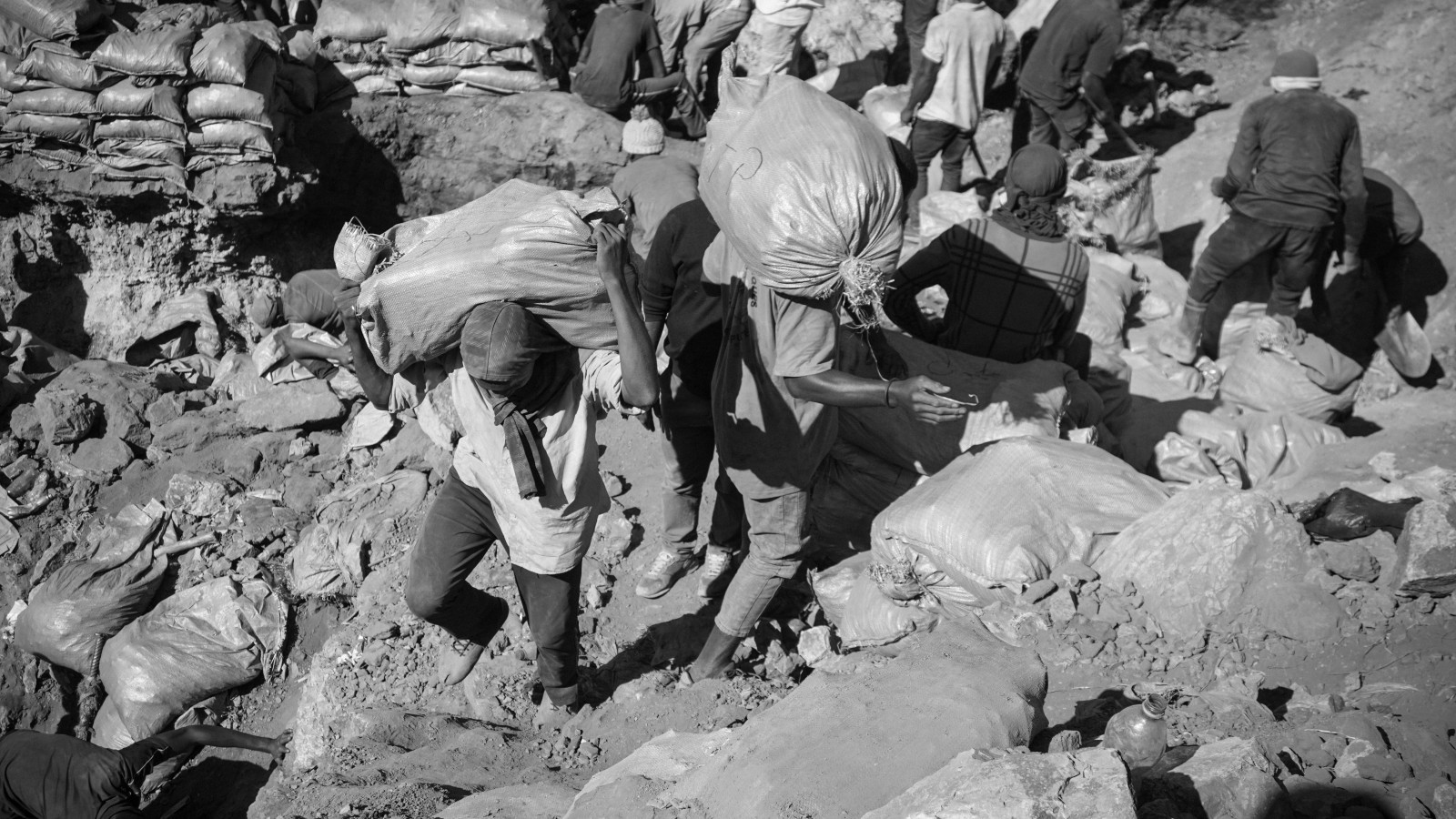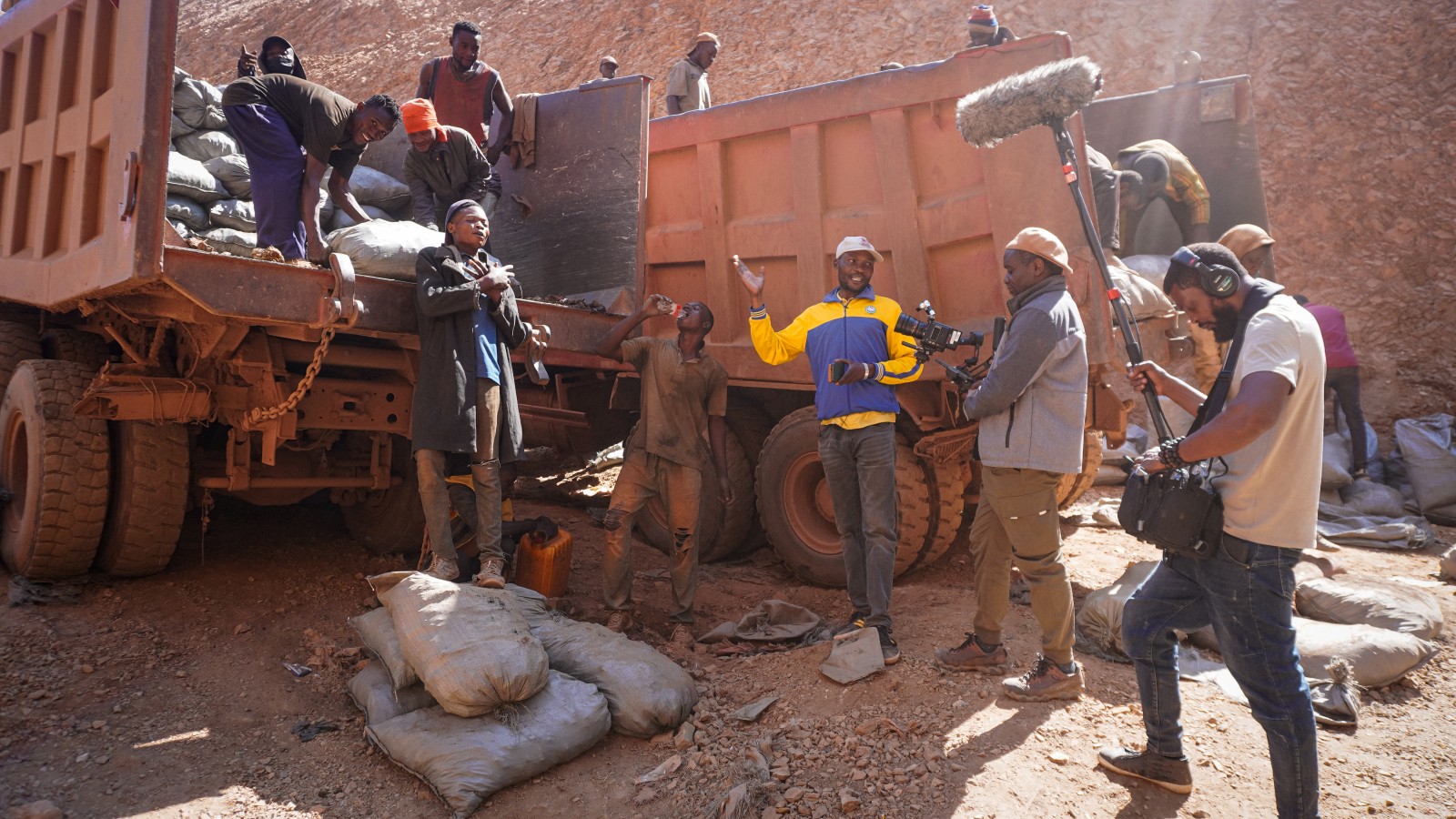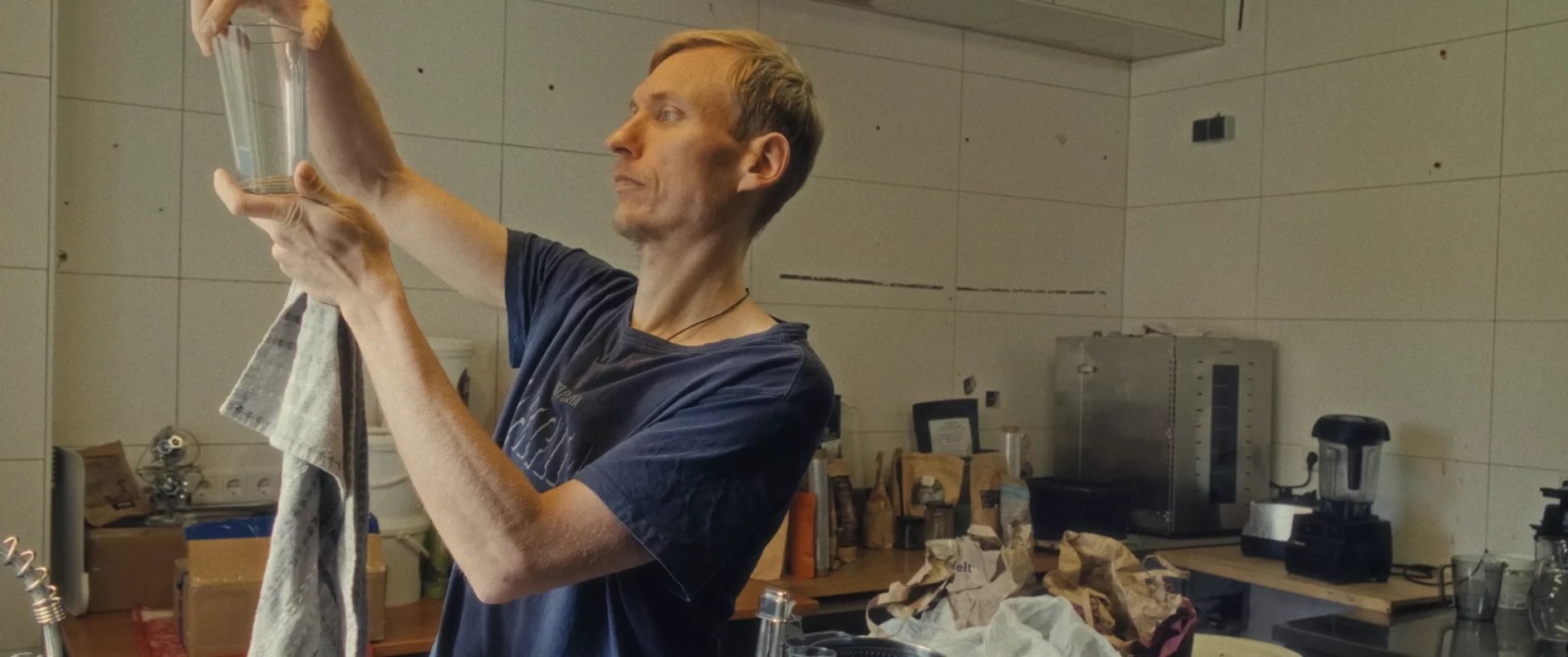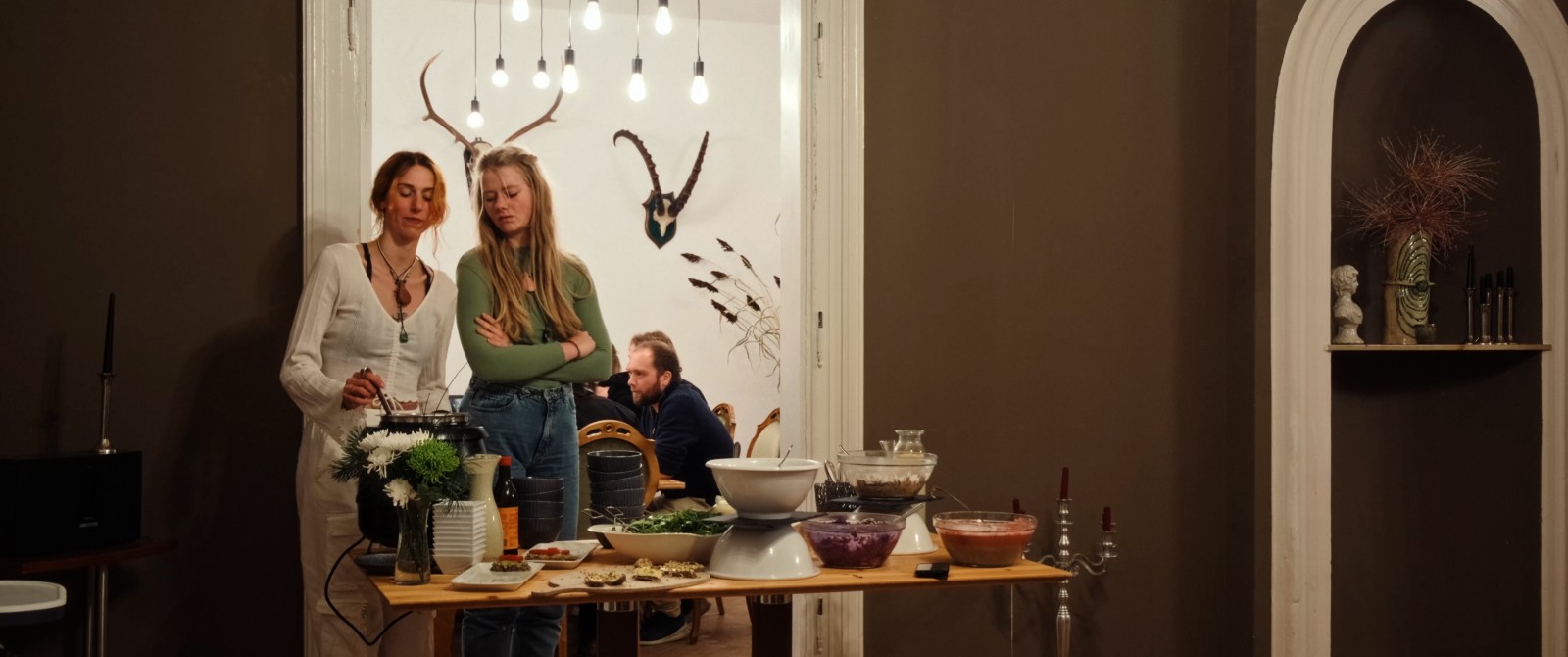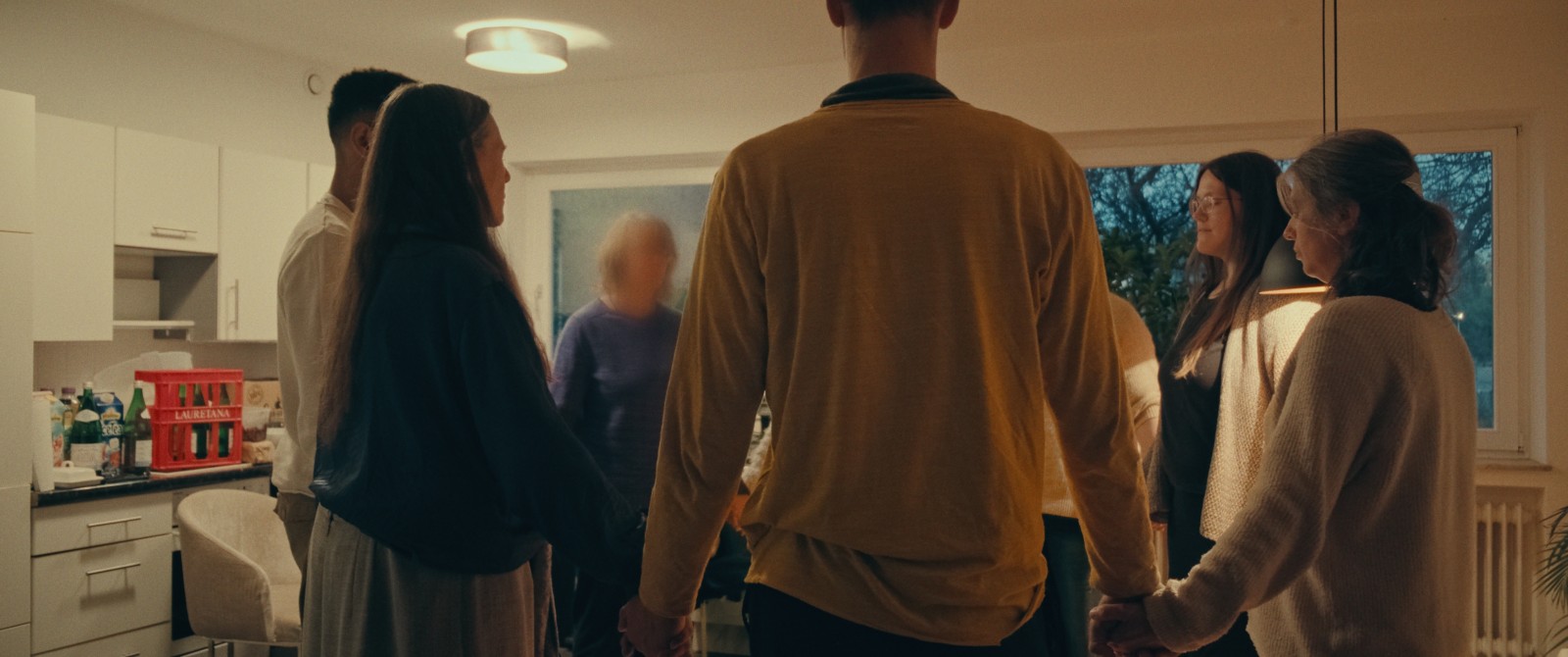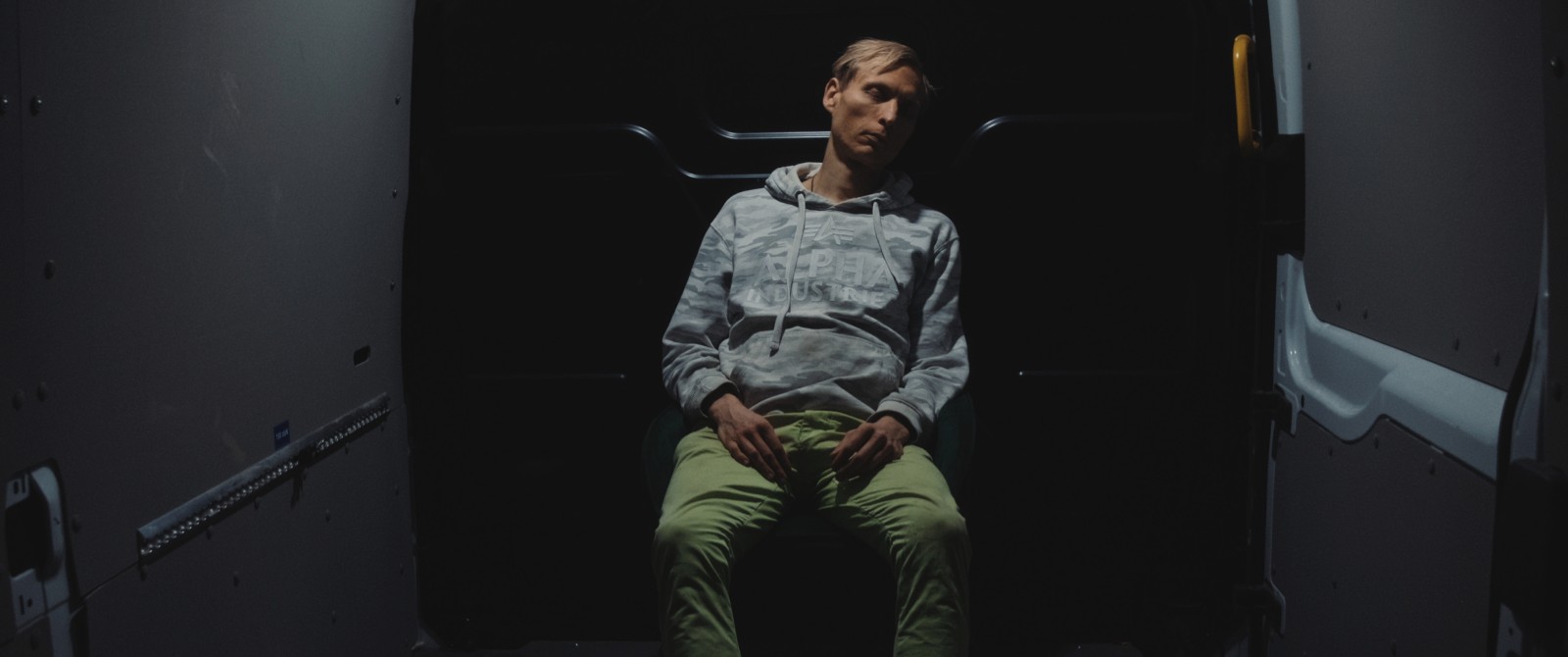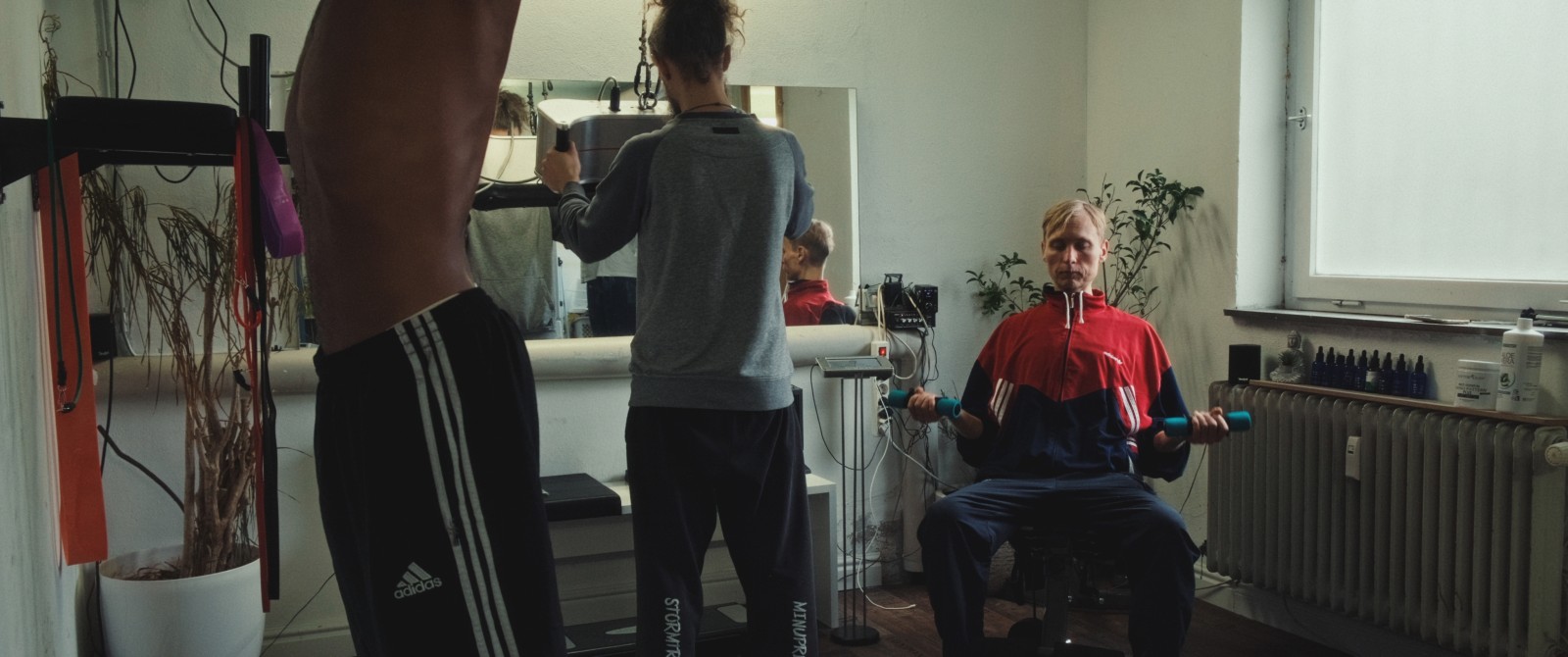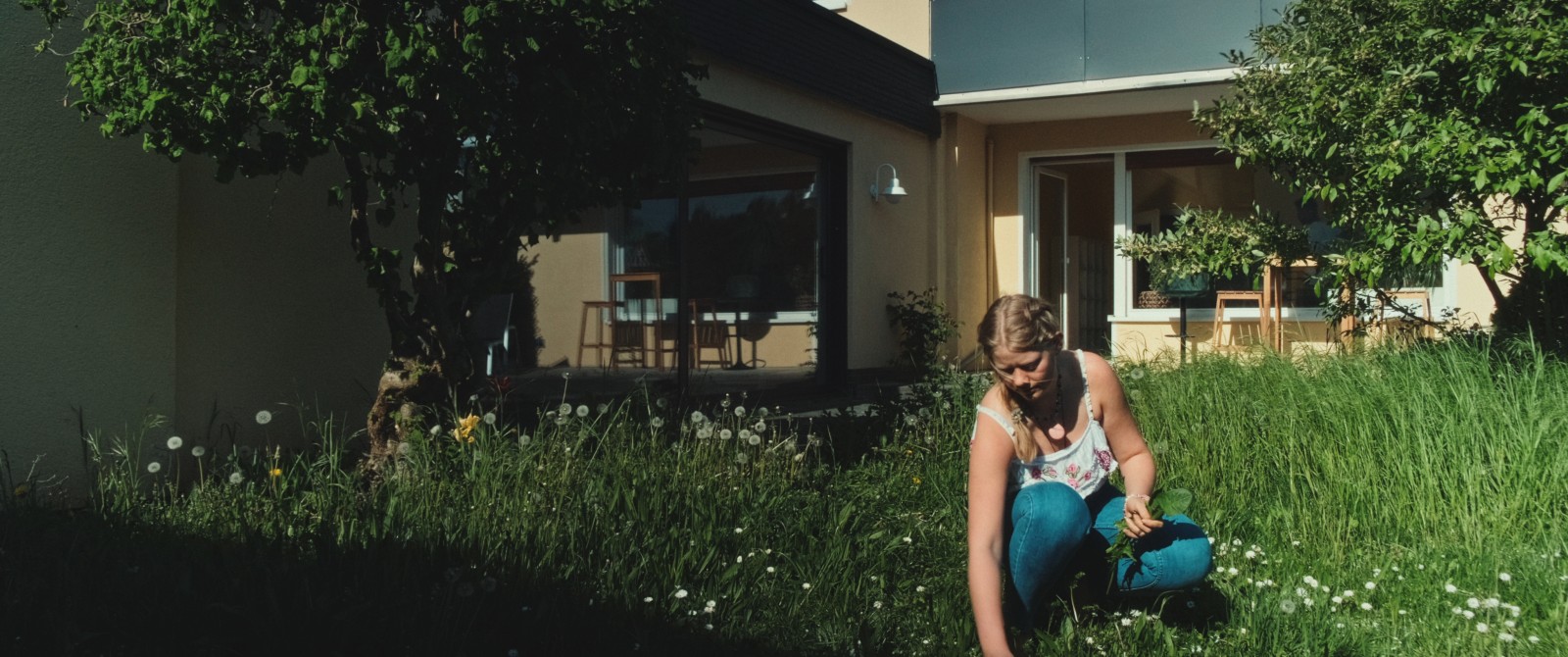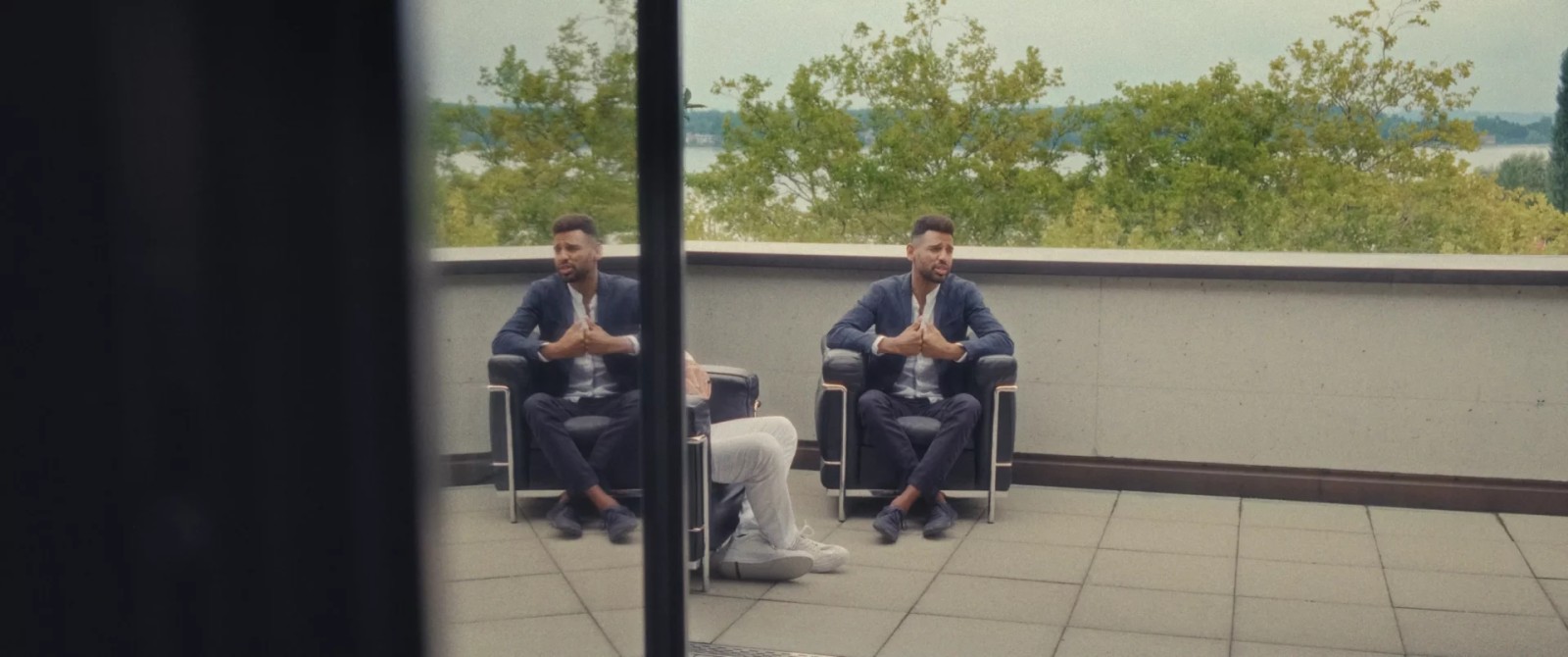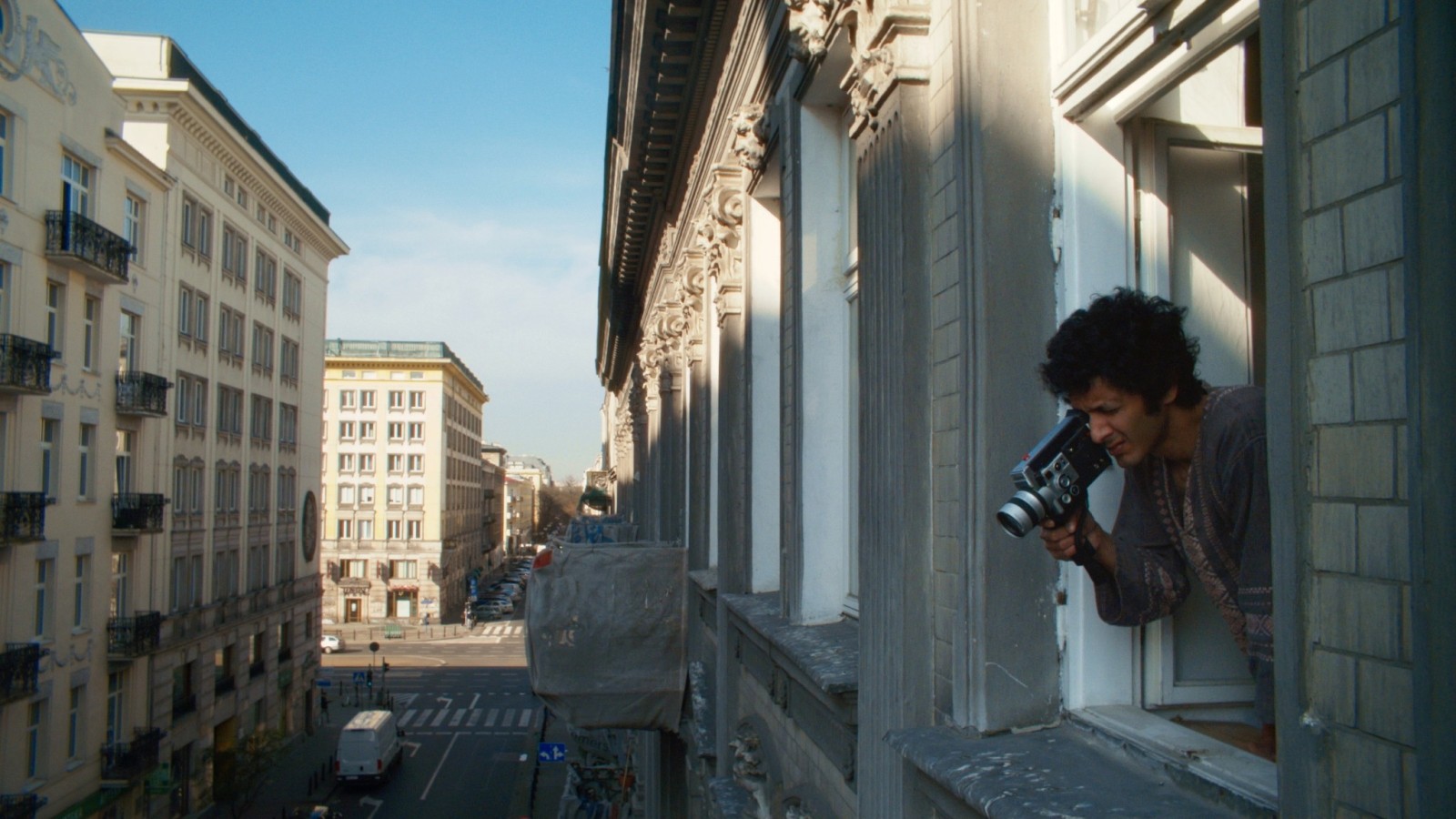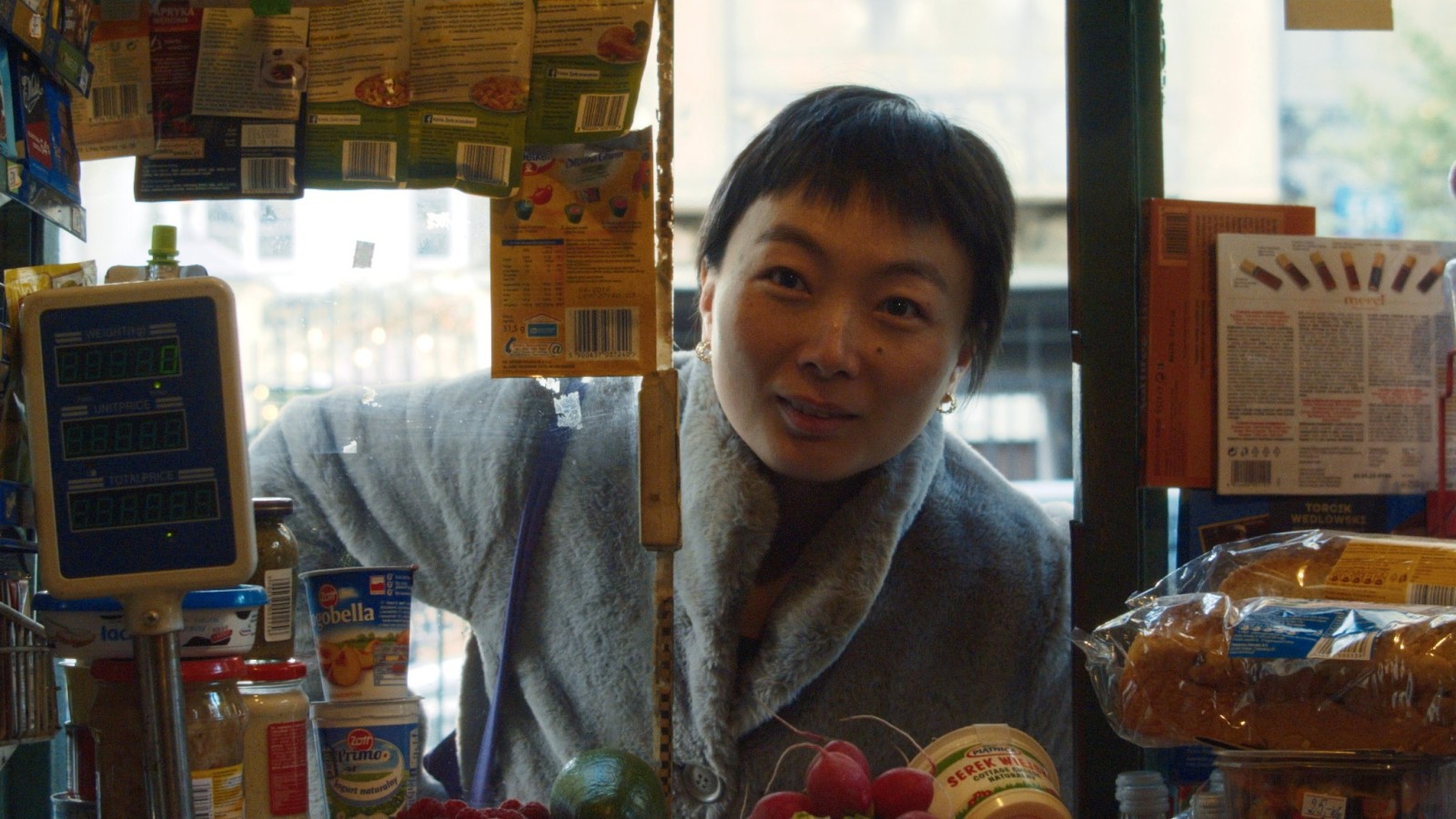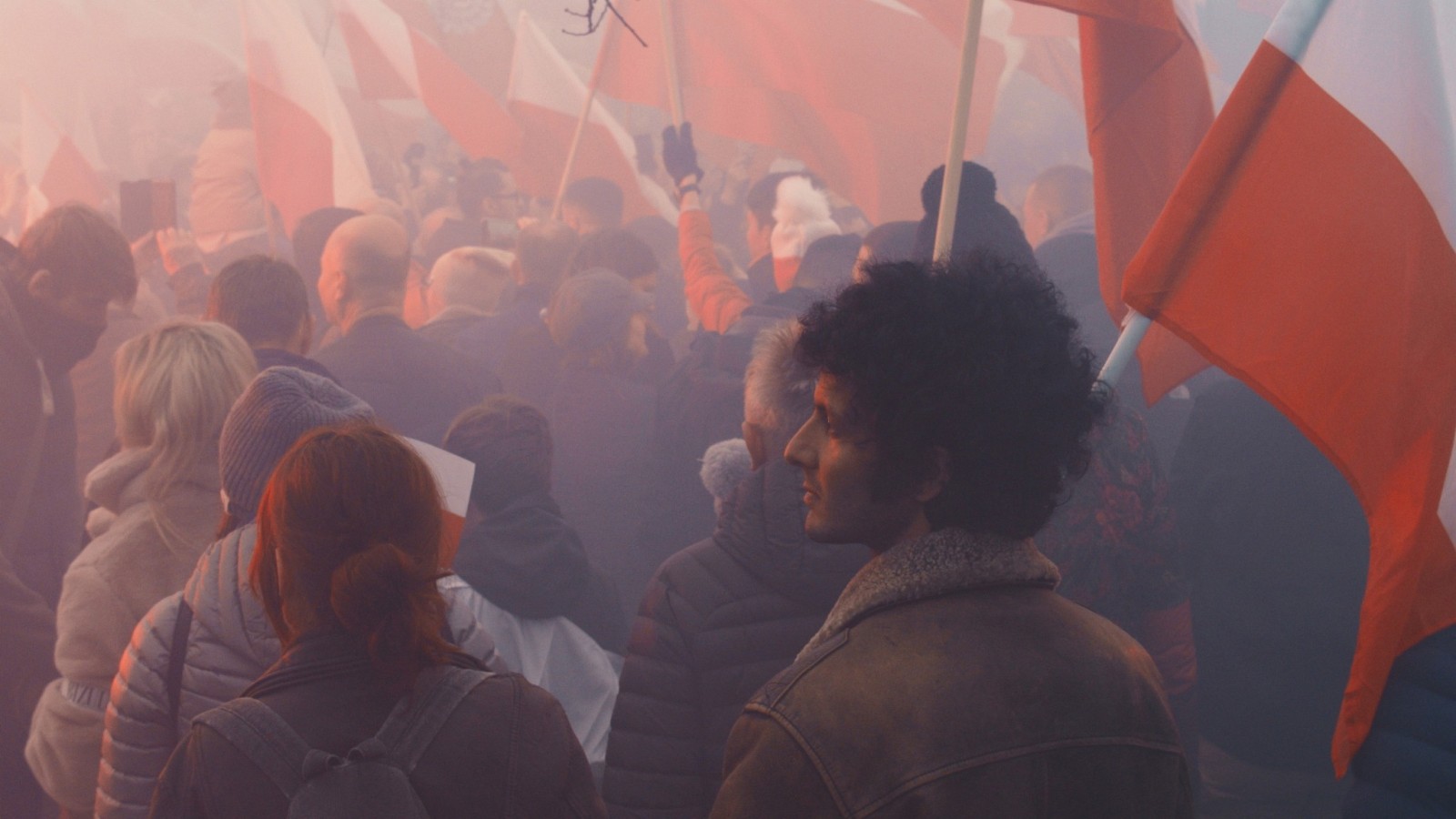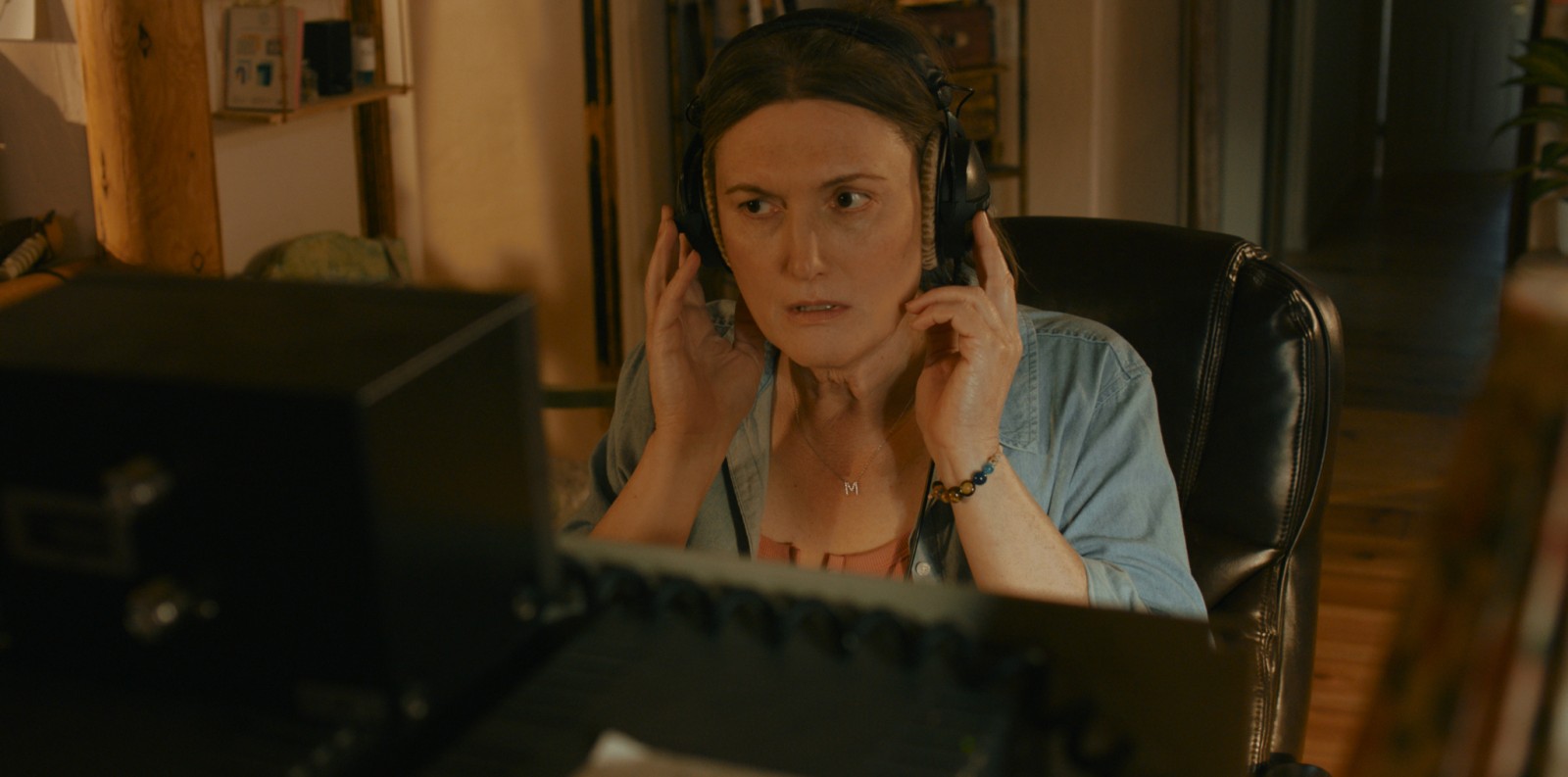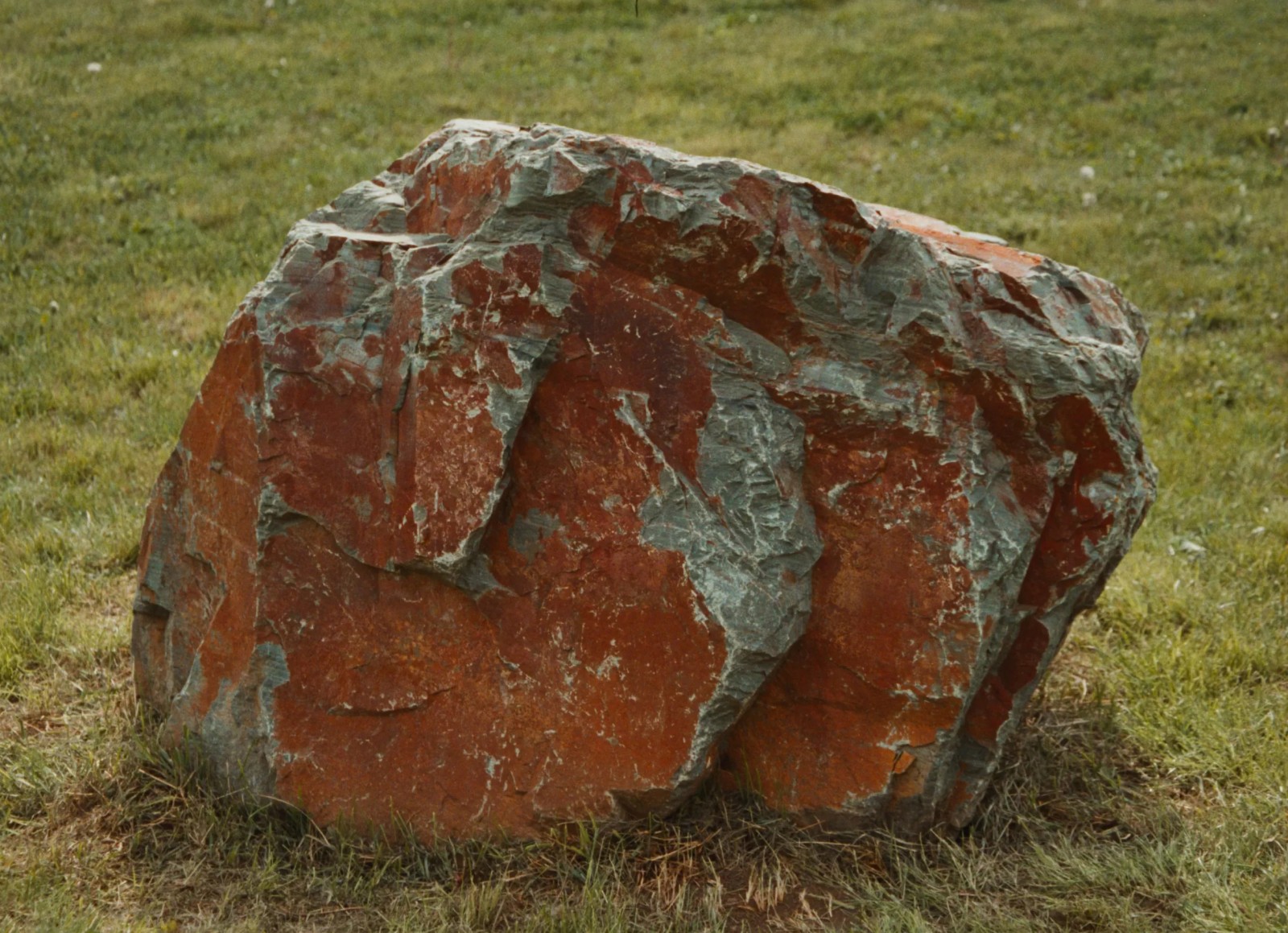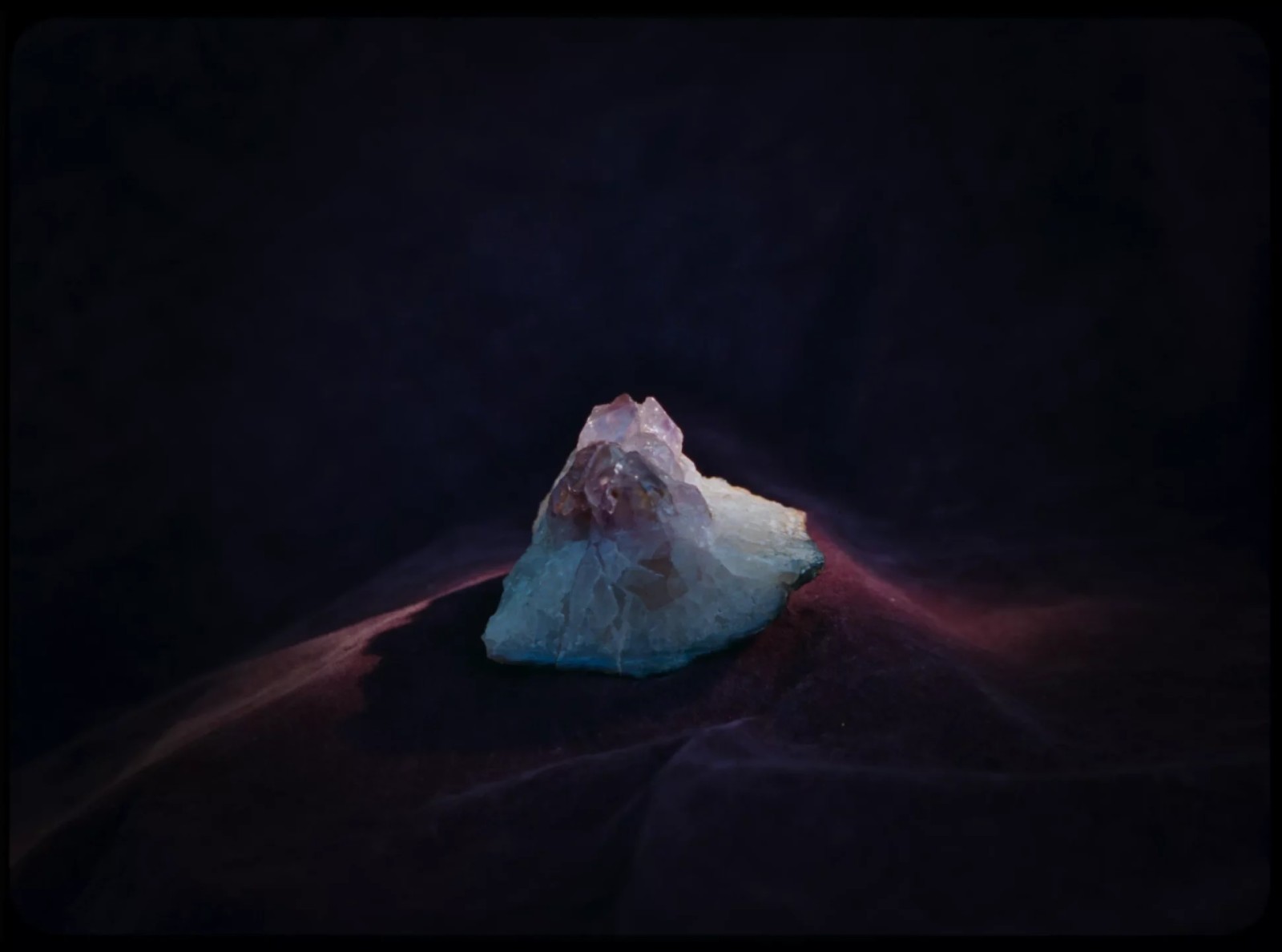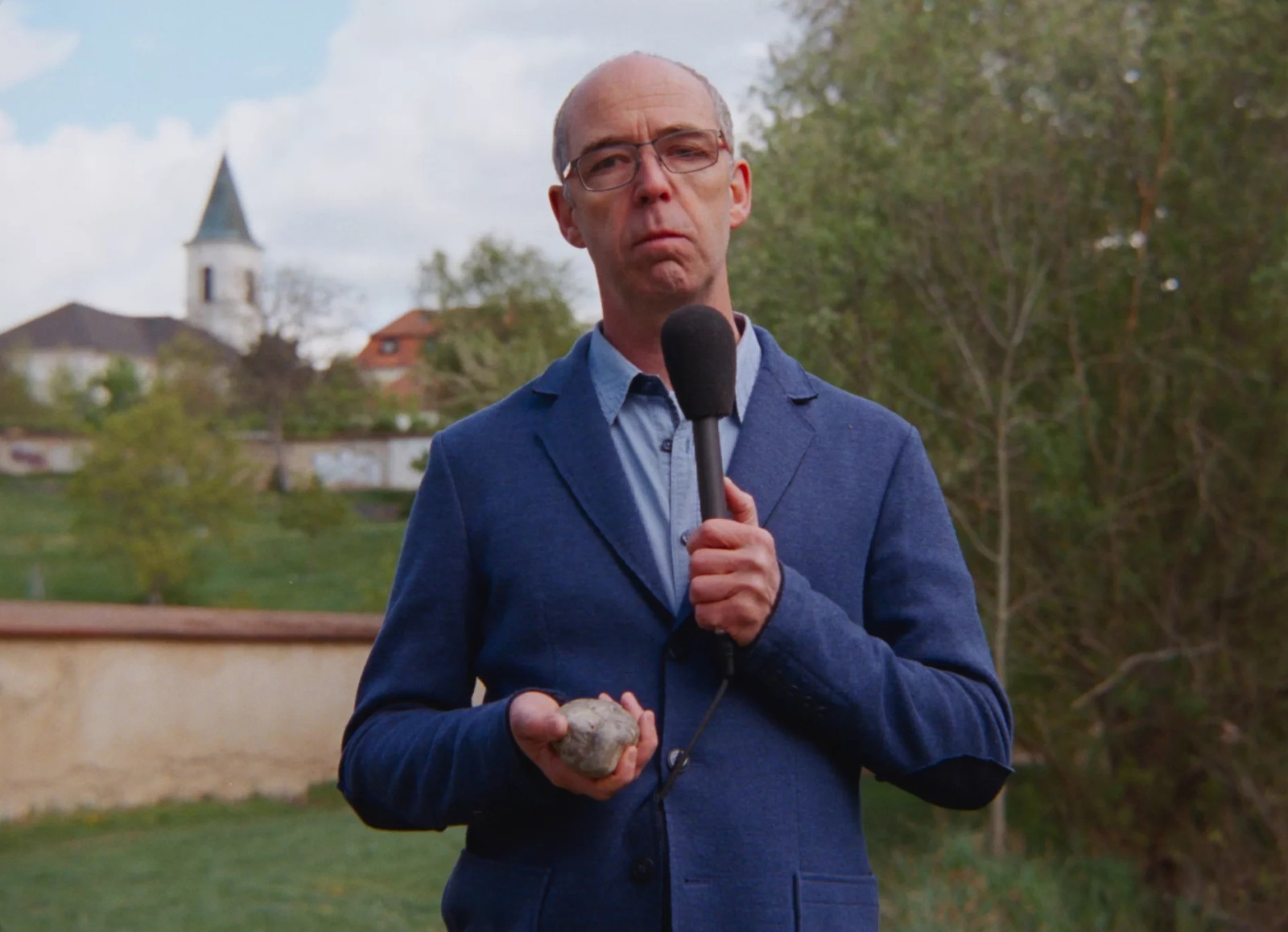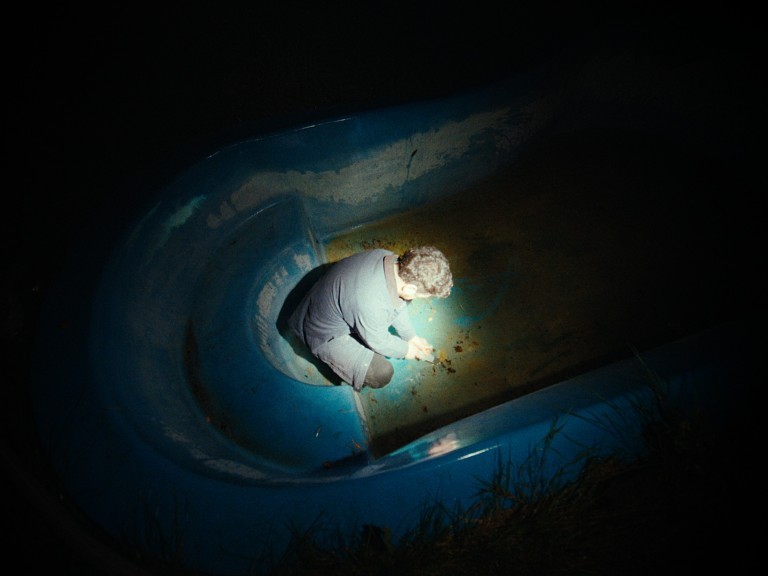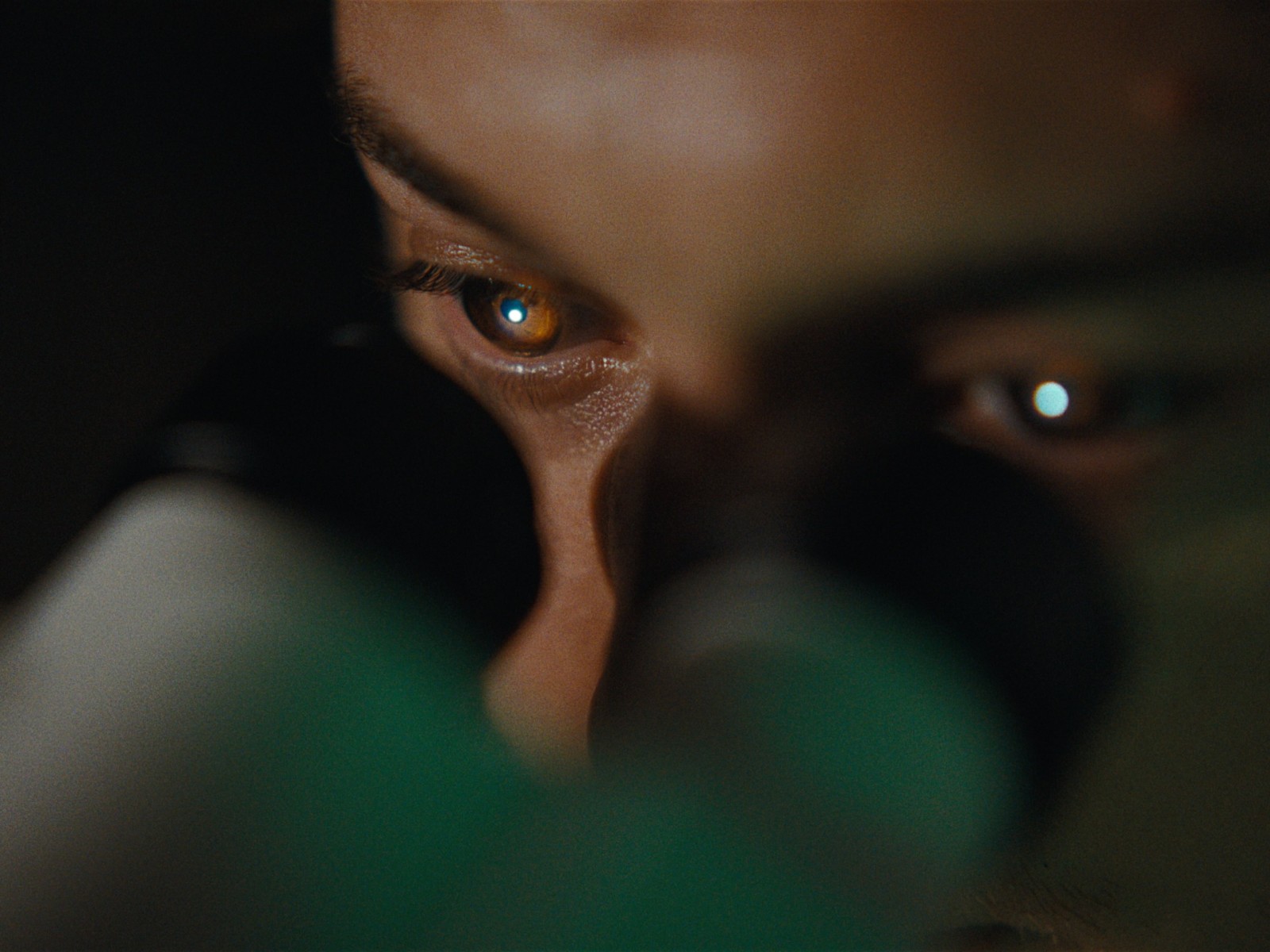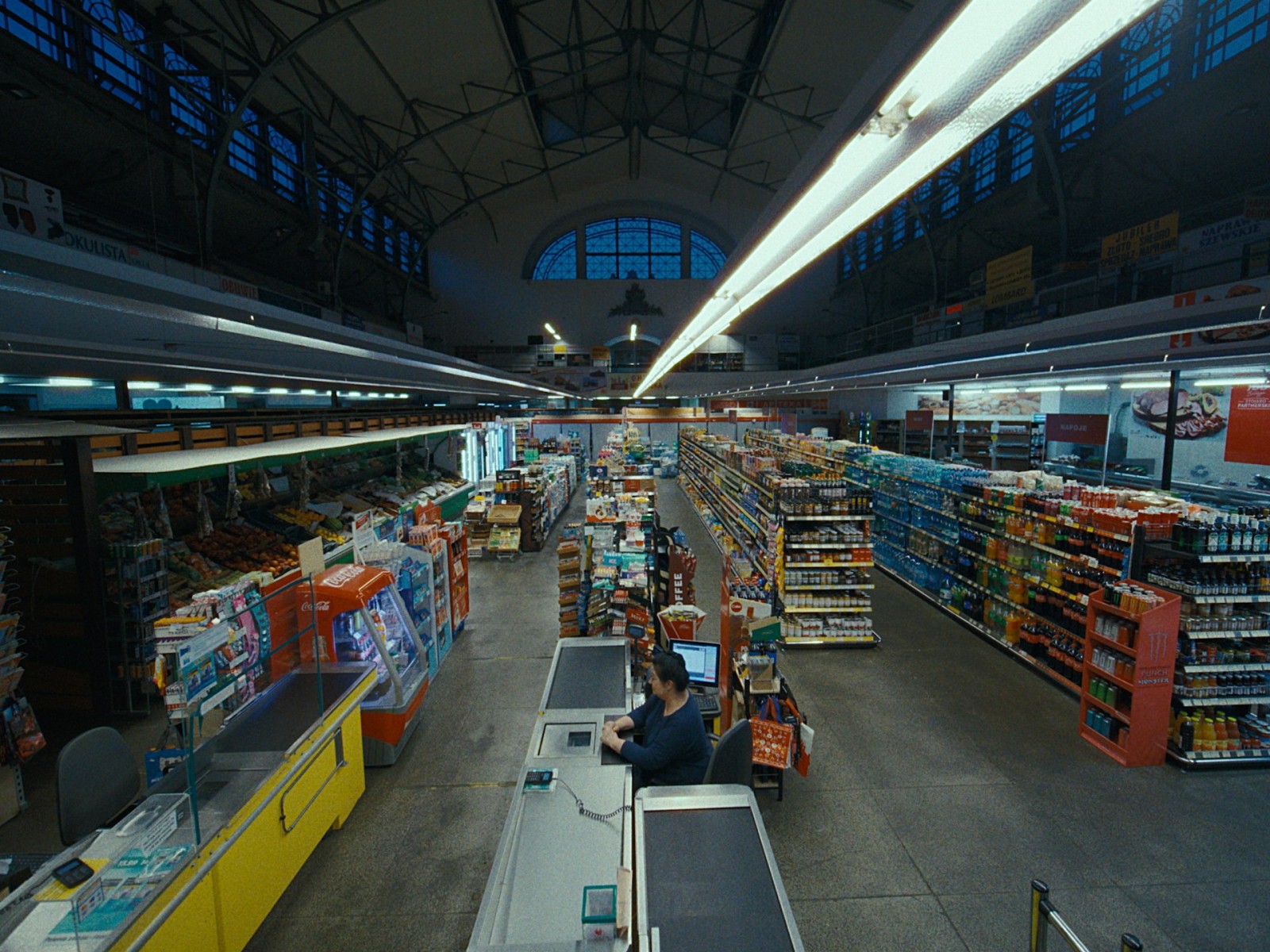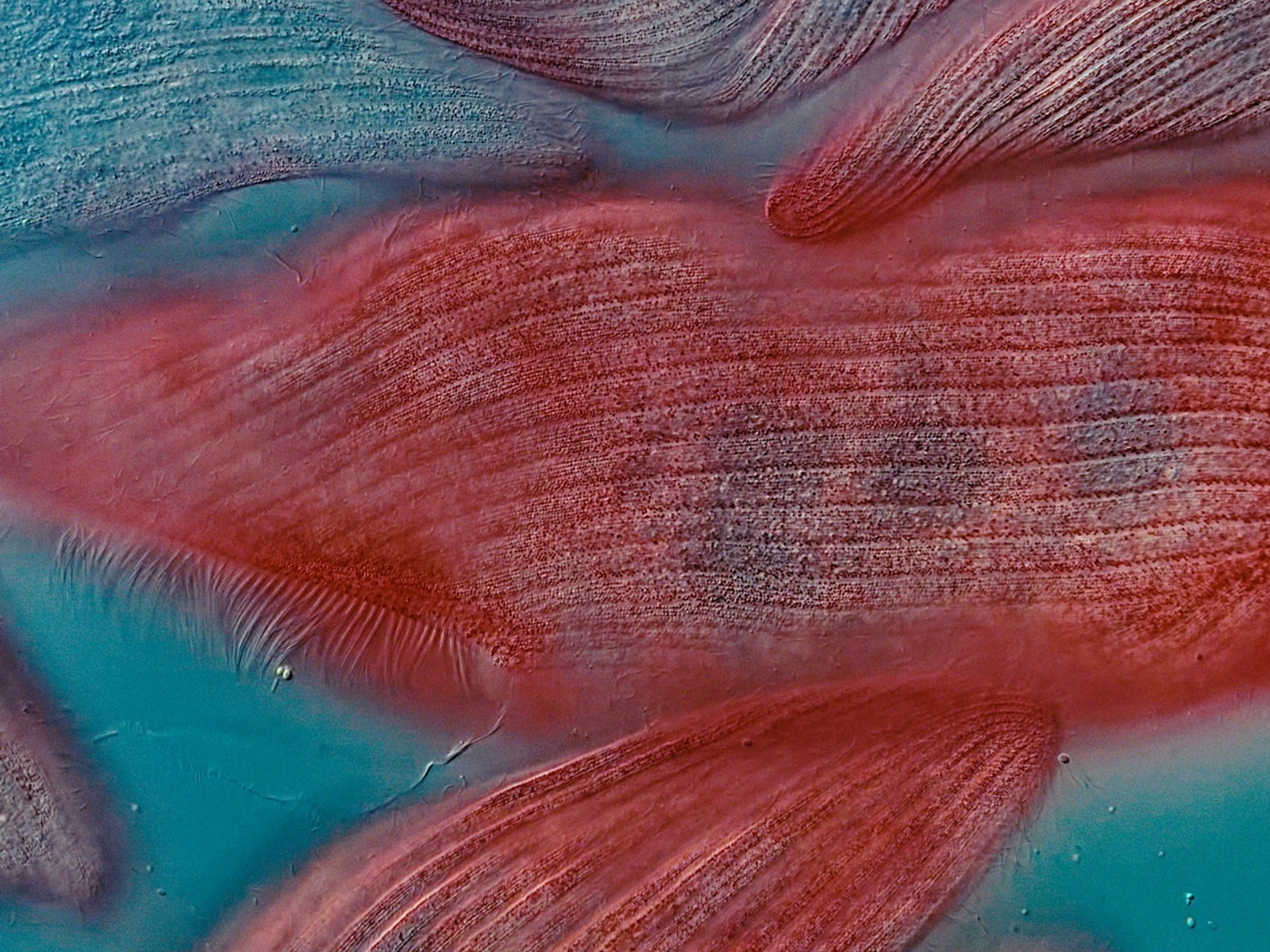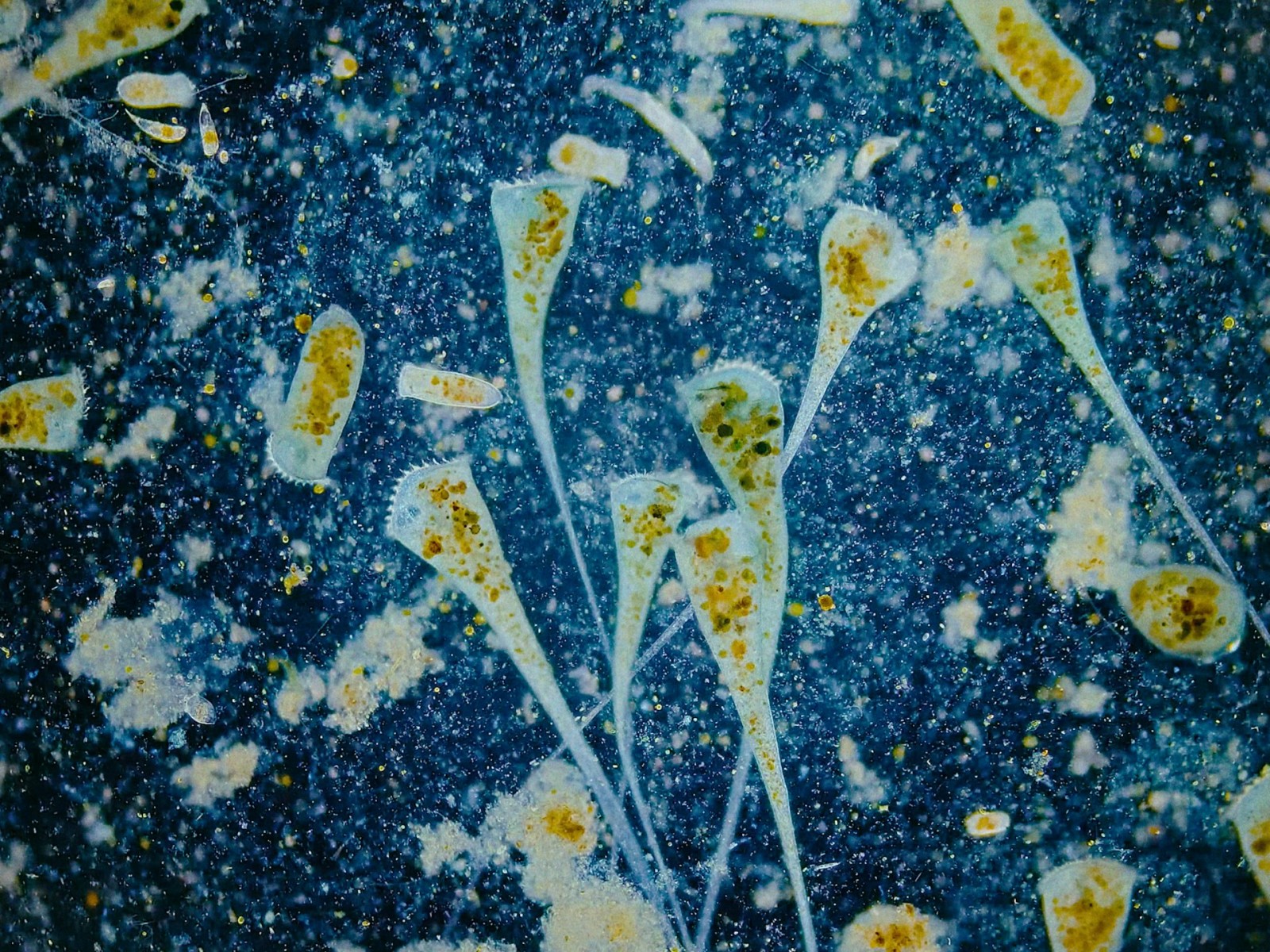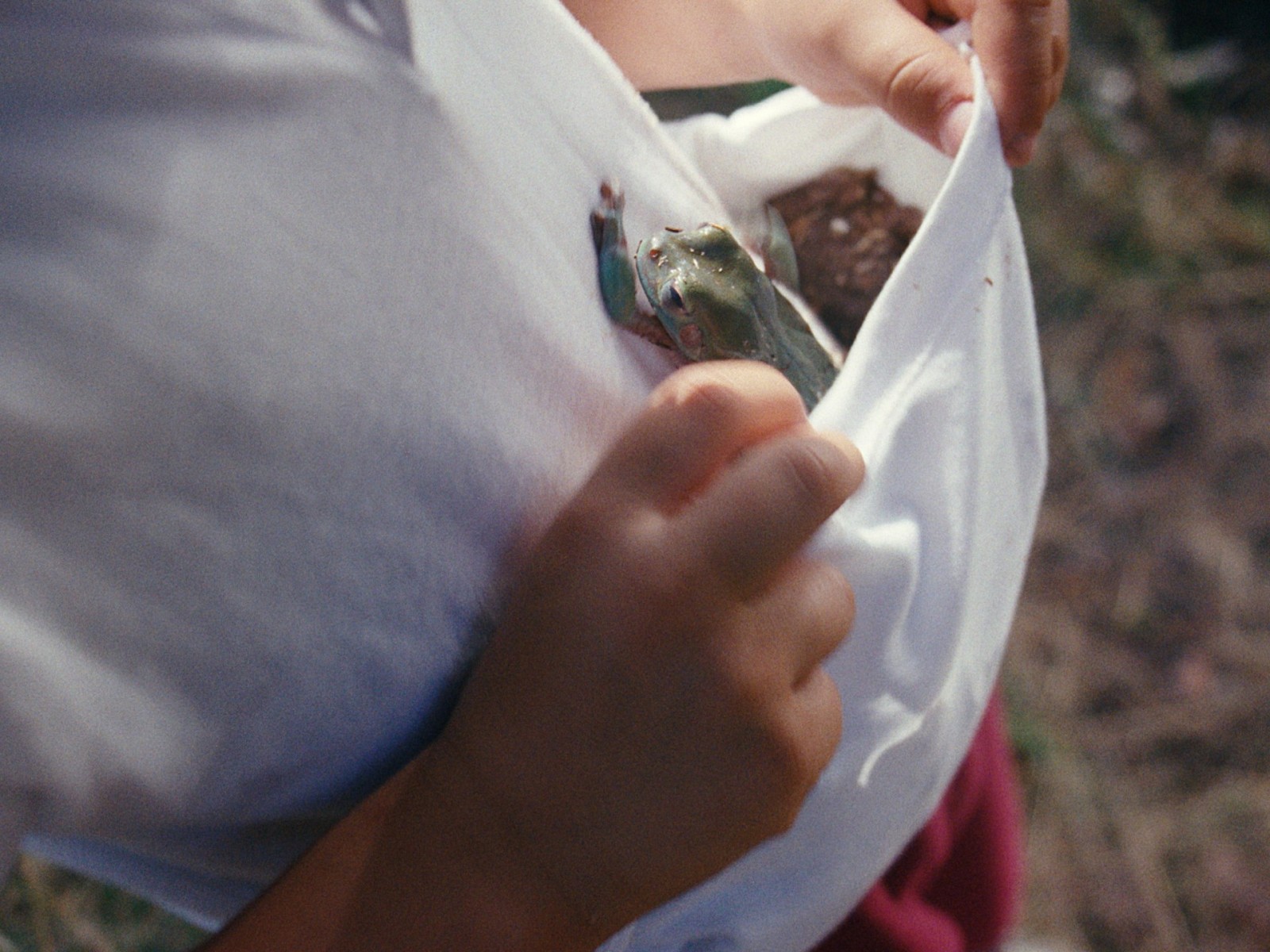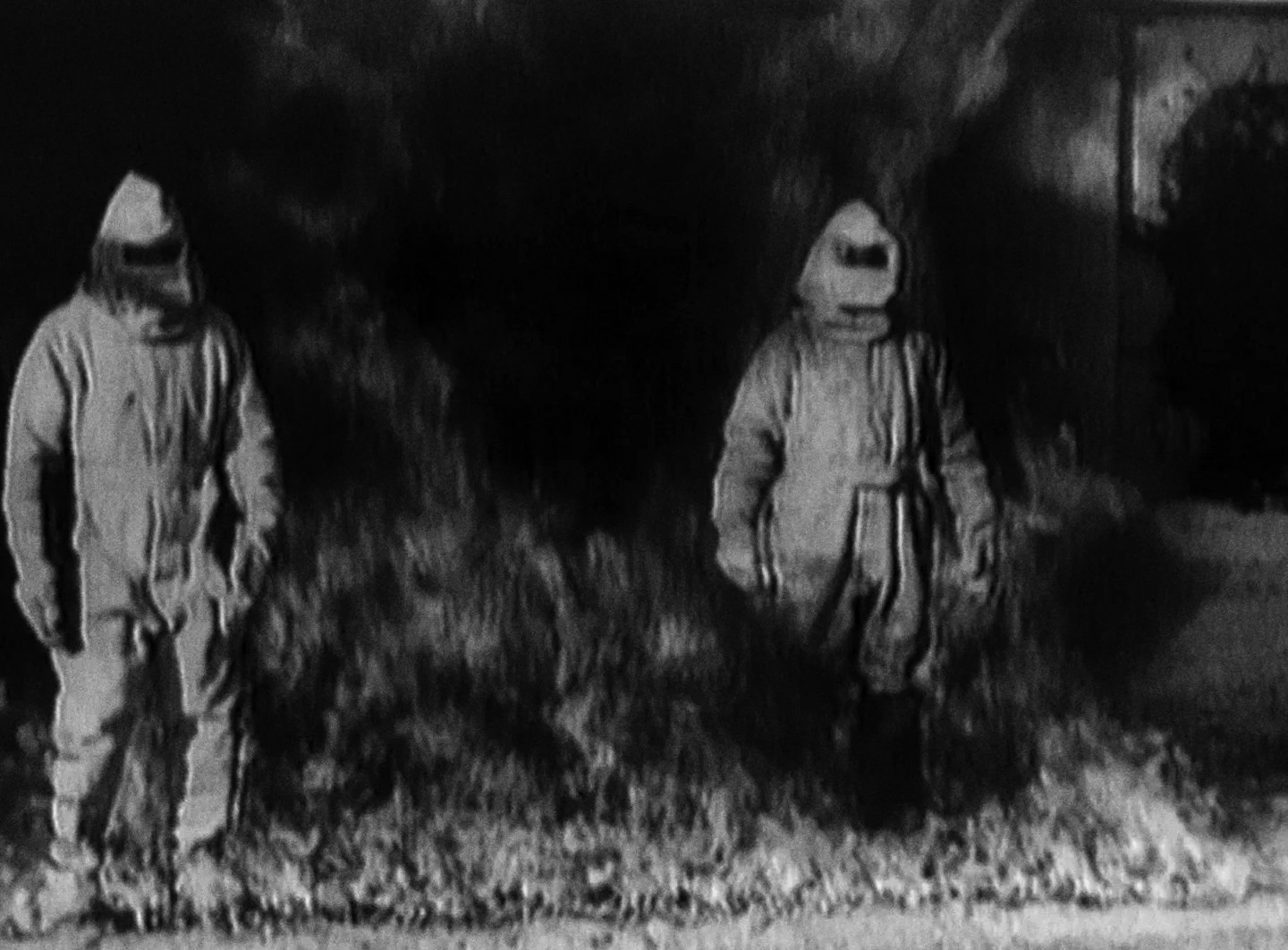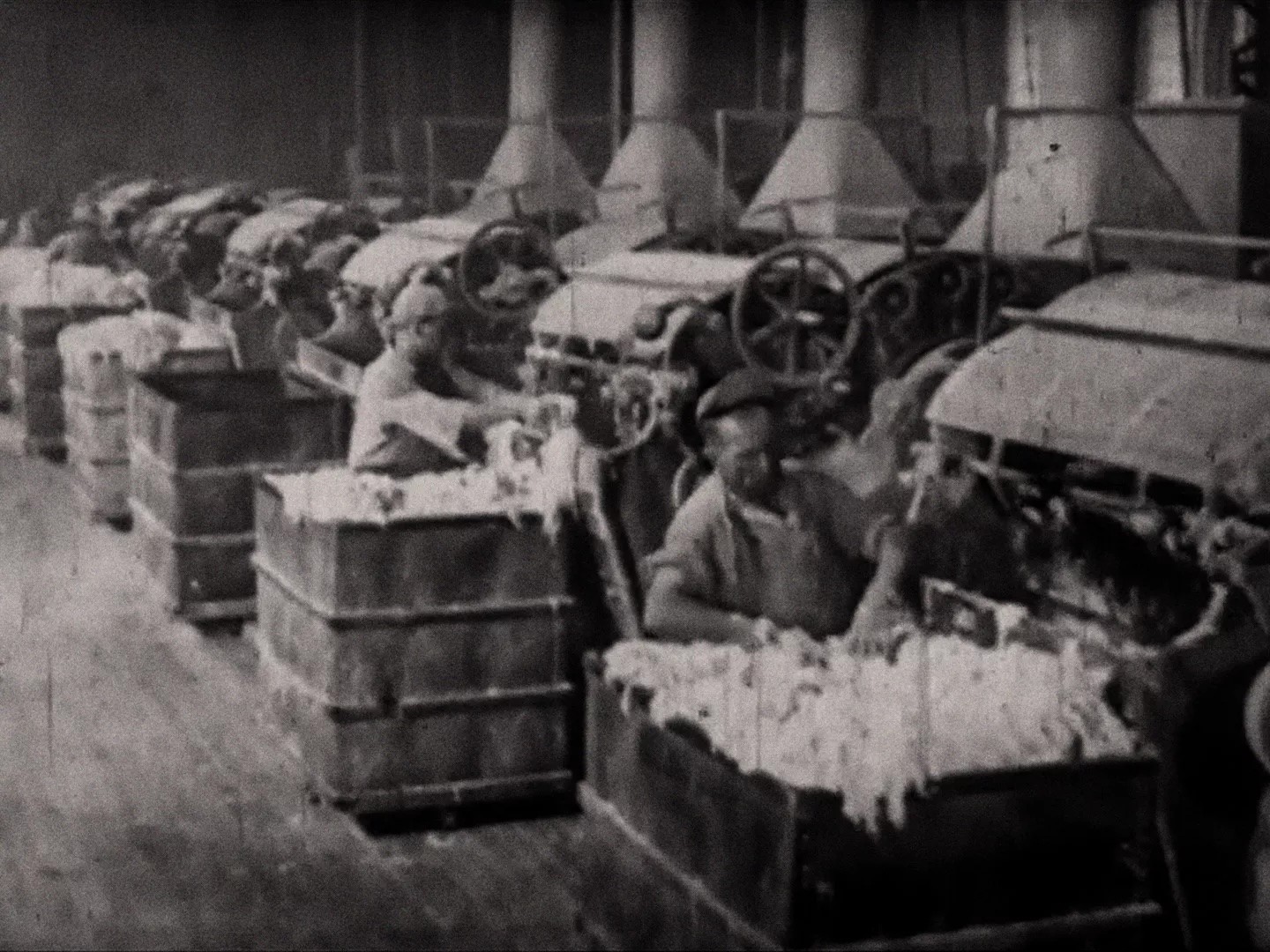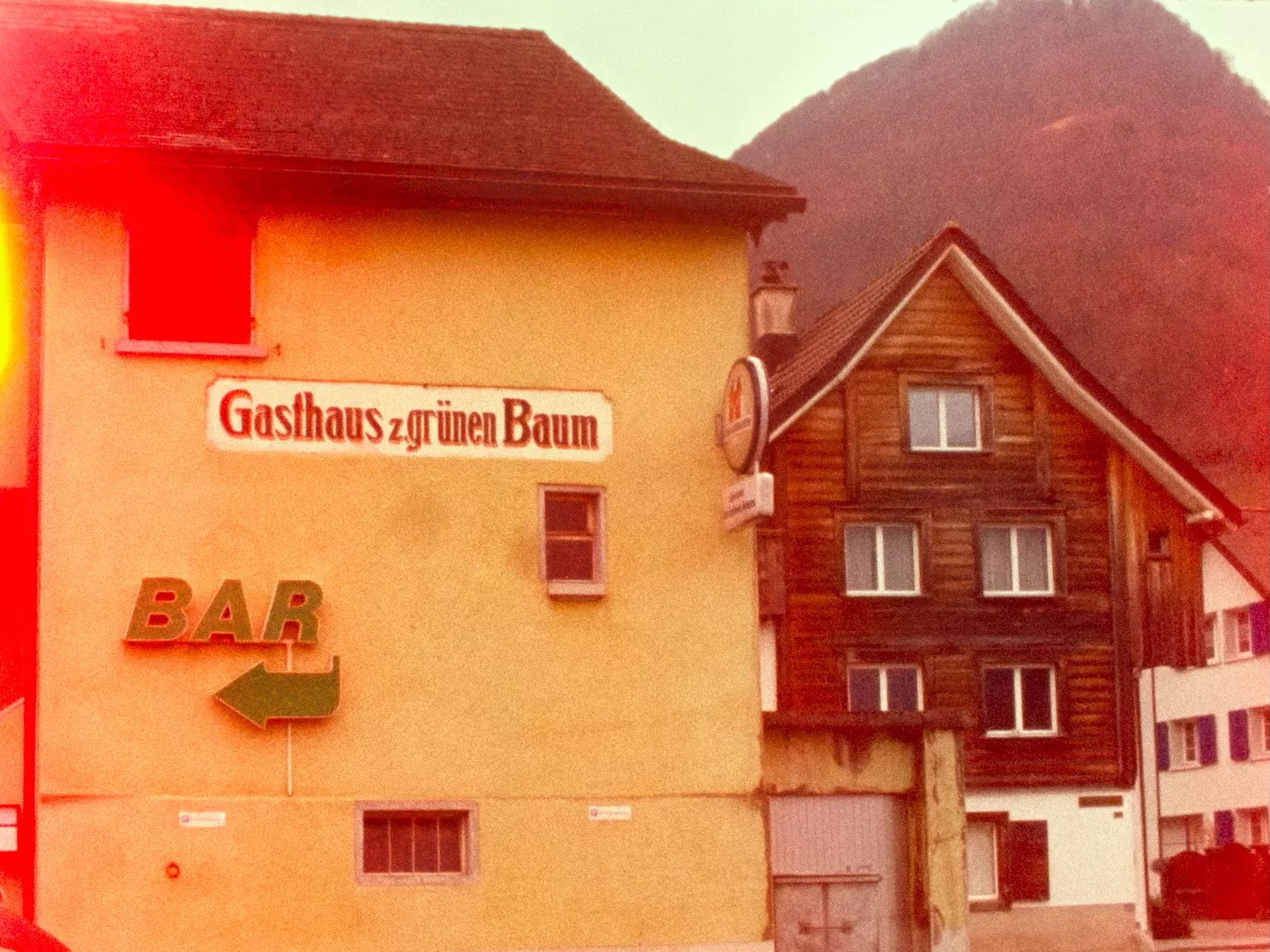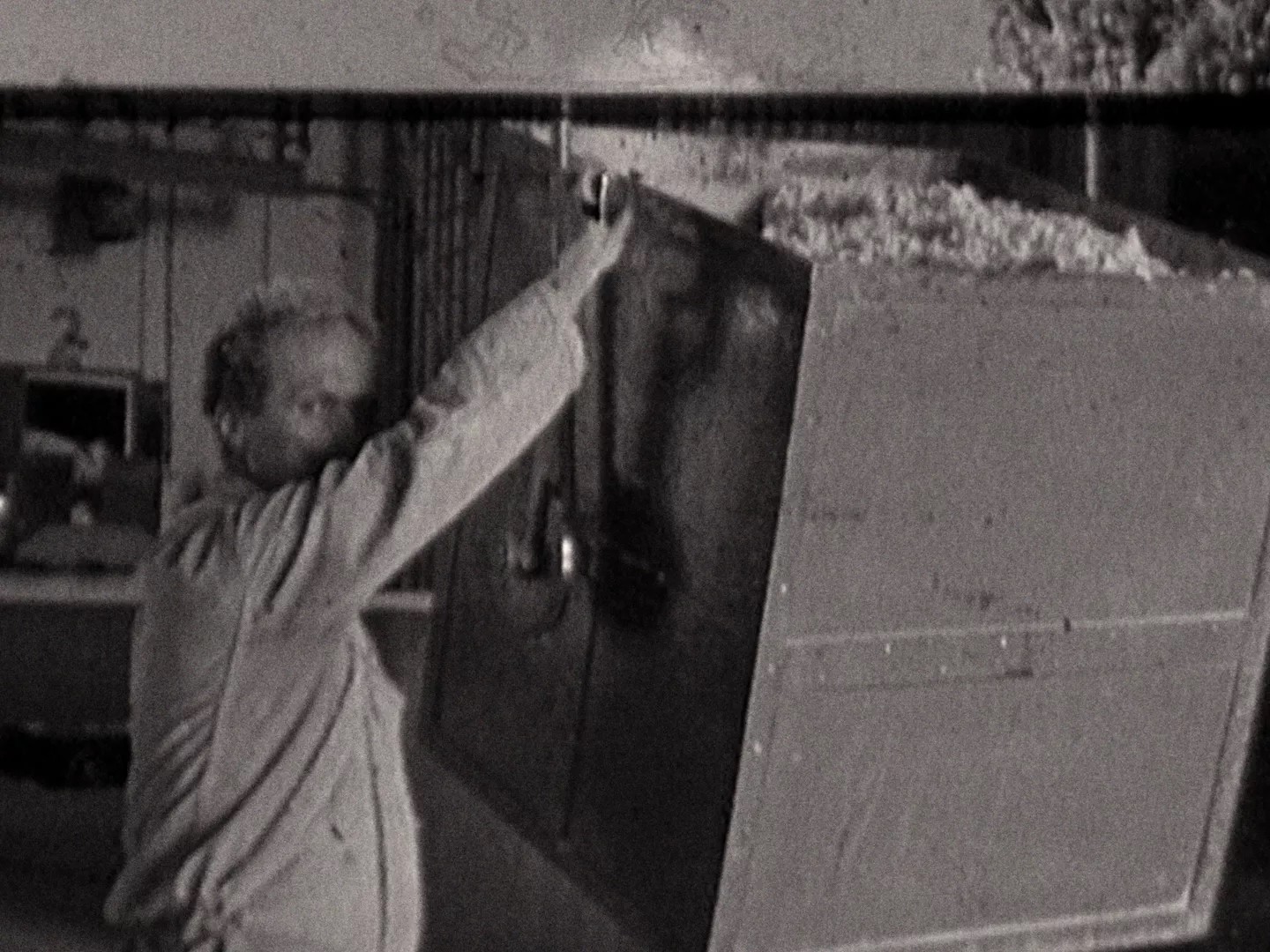Friday, October 24, 2025
Bern
-
Is a collective use of artificial intelligence to shape a positive future for humanity possible? Wider than the Sky introduces world-renowned artists, dancers, and scientists who explore the many branches and human dimensions of AI, reflecting on how creativity and consciousness might evolve in dialogue with these technologies.
Event for school classes only
Zürich
-
This program presents works created during the Swiss Science Film Academy’s filmmaking marathon — a multi-day workshop in which Swiss researchers collaborate with professional filmmakers to explore how their ideas and research can take shape through film.
Films: A CRISPR Slice Can Save a Life, Beavers Are Not Otters, Datapon – Gotta Train Them, Echoes of Becoming, Fight for Survival: The Nanoweapon of Bacteria, Noise, Peak Water, Visions of AI, What Is Nature?
-
In a polarized Italy, where wolf advocates and opponents clash, a professor has dedicated the last years of his academic career attempting to mediate between protecting sheep and protecting wolves – whose behavior he studies. The film brings viewers astonishingly close to both the animals and the people whose lives intersect with them through sheep farming, gamekeeping, research or hunting.
The screening is followed by the award ceremony for the Science Communication Award of the Swiss Science Film Academy, which is granted to Janet Hering, as well as the award for the films of the Science Filmmaking Marathon.
Film crew and characters will be present to discuss the film with the audience:
Giorgio Bergero (Shepherd), Germano Ferrando (Ranger, Wolf- howling), Gianabele Bonicelli (Ranger, Anti-poison Luna unit), Valentina (Ranger, Anti-poison Luna unit), Franco Bella (music composer), Luna (Anti-poison dog), Samer Angelone (film director)
Saturday, October 25, 2025
Bern
-
In a polarized Italy, where wolf advocates and opponents clash, a professor has dedicated the last years of his academic career attempting to mediate between protecting sheep and protecting wolves – whose behavior he studies. The film brings viewers astonishingly close to both the animals and the people whose lives intersect with them through sheep farming, gamekeeping, research or hunting.
Followed by a discussion with the director and researchers on species conservation and the perception of wilderness.
Director
Samer Angelone is a Swiss-Italian-Syrian filmmaker with a PhD in film studies and biology. The founder of the Global Science Film Festival celebrates his directorial debut with Lupi Nostri – Our Wolves.
Discussion
Stijn Verschueren, conservation biologist at the Institute of Ecology and Evolution, University of Bern
Moderation: Payal Parekh, environmental scientist and activist
-
A kidney stone travels from England via Palestine to Cape Verde: in this essayistic film, Sofie Benoot links geological processes with body awareness, work and memory. The narrative voice of Welsh actress Siân Phillips, who has shaped nature documentaries as a narrator for decades, accompanies this poetic search for traces across landscapes, people and material relics of our planet.
Followed by a discussion on the philosophy of tracing clues and origins — and their depiction in film — with the director and researchers.
Director
Sofie Benoot is a Brussels-based filmmaker and lecturer at the LUCA School of Arts. Her films combine documentary narrative forms to create patchwork-like narratives. Her film Victoria (2020) received the Caligari Film Prize at the Berlinale.
Discussion
Claus Beisbart, Professor of Philosophy of Science, University of Bern
Moderation: Michaela Schäuble, Professor of Media Anthropology, University of Bern
-
This fictional television series reveals the deep-rooted inequality of the Brazilian justice system. Six young people re-enact real hearings of their peers who are facing criminal charges, on a stage that transforms into a musical, podcast or talk show. The result is a multi-voiced space of possibility – both an indictment and a mirror of a reality made strikingly transparent through staging.
Followed by a discussion on structural discrimination in the legal system and the potential for social transformation among young people in the legal system, with the director, one of the actresses, and researchers.
Director
Caru Alves de Souza is a Brazilian director and screenwriter. Her films have won her the Best Film Award at the Festival do Rio and the Grand Prize of the International Jury in the Generation 14plus section at the Berlinale, among other awards. Her series De Menor also celebrated its world premiere there.
Taciana Bastos, originally from São Paulo, Brazil, is an actress, dancer, and singer. She trained in theatrical acting and camera performance, and acts in De Menor.
Discussion
Martino Mona, Professor of Criminal Law and Legal Philosophy
Moderation: Maia Gusberti, artist and researcher
-
Against the backdrop of increasingly restrictive legal conditions in Italy, the film depicts the everyday life of the unconventional Dr Maurizio Bini, who is about to retire from a public hospital in Milan. There, he assists couples who wish to have children with artificial insemination and supports people undergoing gender reassignment surgery.
You are most welcome to join us for an apéro and party afterwards!
Followed by a discussion with director and researchers on ethical and political challenges as well as generational change in healthcare.
Director
Gianluca Matarrese is an Italian director. He studied cinema, theatre and film history. He received the Queer Lion at the Venice Biennale in 2021 for his film La dernière séance. Gen_ premiered at the Sundance Film Festival in 2025.
Discussion
Julia Rehsmann, medical anthropologist, Bern University of Applied Science
Moderation: Laura Perler, social and cultural geographer, University of Bern -
DJ set by Fusion Team
Sunday, October 26, 2025
Bern
-
Deep beneath the Earth’s surface, Messengers follows scientists to remote laboratories in Canada, Japan and Antarctica — places few ever get to see. There, they study fleeting elementary particles in their quest to grasp the vastness of the universe. A poetic journey through matter, time and cosmic wonder.
Followed by a discussion on the visualization of matter and the poetry of elementary particles with filmmaker Jeffrey Zablotny.
Director
Toronto-based director Jeffrey Zablotny combines visual abstraction, sound design and documentary research to create cinematic spaces in which scientific knowledge and sensory experience intertwine. His films have been screened at the Toronto International Film Festival, Visions du Réel in Nyon, DOK Leipzig and the Vancouver VIFF, among others.
Moderation
Michelle Lee Galloway, senior researcher at the Astronomical Institute, University of Bern
-
In the south of the Democratic Republic of Congo, artisanal mining companies extract cobalt using traditional methods – in resistance to multinational corporations and in response to the colonial continuities of global supply chains. Lwanzo also refers to the cultural, spiritual and social aspects of mining and speaks about self-determination, dignity and the question: Who has the right to live off their own country’s resources?
Followed by a discussion with the producer of the film, Maurice Carney, and a researcher about critical counter-narratives on the extraction and marketing of globally traded raw materials.
Director
Petna Ndaliko Katondolo is a filmmaker, activist and educator from Goma, DR Congo. In his cinematic work, he combines decolonial Afrofuturism with political engagement and participatory aesthetics. He founded Yolé!Africa and Maideni – two initiatives that empower young people in particular to bring about cultural and ecological transformation.
Moderation
Elisabeth Bürgi Bonanomi, Professor with a focus on Law and Sustainability, Centre for Development and Environment (CDE), University of Bern
-
The film follows a vegan influencer from Frankfurt who links healing promises, dietary supplements and conspiracy theories with Reich Citizens’ (Reichsbürger) ideology. He closely observes his inner circle – including Timo, who suffers from mental illness, and ‘Peter I,’ the self-proclaimed king of the now-banned so-called “Kingdom of Germany” (“Königreich Deutschland”). A precise portrait emerges of a milieu navigating a search for meaning, a slipping grasp on reality, and a negotiation of alternative world views and skepticism toward science.
Followed by a discussion on the role of conspiracy theories in times of disorientation, crisis and loss with one of the directors and researchers.
Directors
Julian Vogel (Frankfurt) is a documentary filmmaker and author who has won awards including the German Television Award and the Grimme Prize for his trilogy Einzeltäter (Lone Perpetrators). Johannes Büttner (Berlin/Amsterdam) creates interdisciplinary installations, films and performances, most recently at the Istanbul Biennial. Soldiers of Light is their first joint feature-length production.
Discussion
Stefanie Mahrer, Professor of Swiss and Modern History, University of Bern
Moderation: Andrea Abraham, Professor at Institute for Childhood, Youth and Family, Bern University of Applied Sciences
-
A street in Warsaw becomes a projection screen for questions of belonging, memory and social change: Arjun Talwar, himself a migrant and filmmaker, portrays his neighborhood with subtle humor and an analytical eye, where personal stories collide with the political tensions in today's Poland. The result is a multi-layered self-portrait in the midst of a Europe in upheaval.
Followed by a discussion with director and co-editor and researchers on radical political shifts in Europe – on the imagination of home and its significance in everyday life.
Director
Director Arjun Talwar (Warsaw) grew up in Delhi and studied mathematics before studying cinematography at the Łódź Film School. Bigna Tomschin (Zurich) studied film at the Zurich University of the Arts and worked as the editor and co-author of the film. Together they created the two feature films - The Donkey Was Called Geronimo and Letters from Wolf Street - which premiered at the Berlinale and received a nomination for the Documentary Film Award.
Discussion
Charles Heller, SNSF Professor at the Department of Social Anthropology, University of Bern
Moderation: Mirko Winkel, artist and researcher, Institute of Geography, University of Bern
-
This year’s Short Film Night will feature short films from various genres, followed by discussions with the filmmakers. Moderated by Mirko Winkel, artist & co-lead mLAB, University of Bern and Susan Thieme, Professor of Geography and Critical Sustainability Studies and co-lead mLAB, University of Bern
-
Decades after the loss of a research probe, a trans NASA engineer rediscovers her old mission and finds herself torn between returning and starting afresh.
-
A humorous essay in which seemingly inanimate stones are given a voice of their own.
-
A young person withdraws, explores the microscopic world and develops a tender relationship with almost invisible creatures.
-
The film tells the story of a Swiss valley where the lingering traces of a forgotten asbestos factory live on – revealed through archival images and reports of lost hopes and denied rights.
-
The program presents short films by professional filmmakers alongside works created during the Swiss Science Film Academy’s filmmaking marathon — a multi-day workshop in which Swiss researchers collaborate with professional filmmakers to explore how their ideas and research can take shape through film.
“Beavers Are Not Otters, Visions of AI ”, Marcio Morais Marinho, Corina Trafelet, Dorothee Wagner, Daniel Gacutan Salunga, Chun Chung Yeung – Mentor: Frederic Siegel.
“Datapon – Gotta Train Them ” Iara De Schoenmacker, Aspasia Vozi, Mariia Becker – Mentor: Daniel Harisberger.
“Noise” Sunsha Chamakalayil, Cheng Li, Thu Zar Nwe, Deeksha Sharma, Beatrice Tărăpoancă – Mentor: Uma Damle.
“Peak Water ”, Franziska Zilker, Giulio Saibene, Martin Vahlensieck, Kseniia Makhova – Mentor: Patrizia Widmer.
“What Is Nature?”, Christian Kny, Elena Bochenkova, Giulia Curatola Fernández, Kanshouwa Susie, Ross T. Shackleton – Mentor: Sarah Luo.
-
DJ set by Fusion Team

